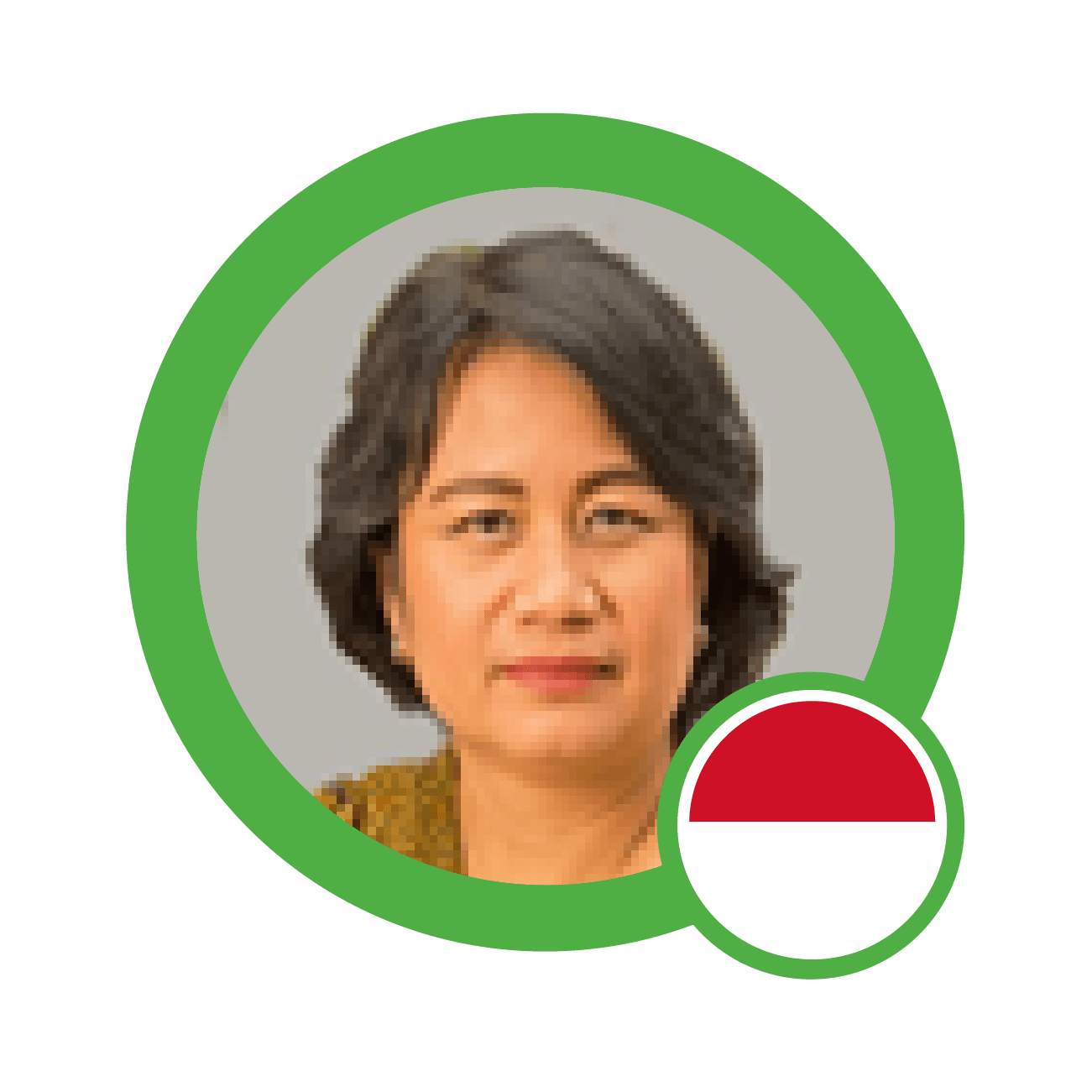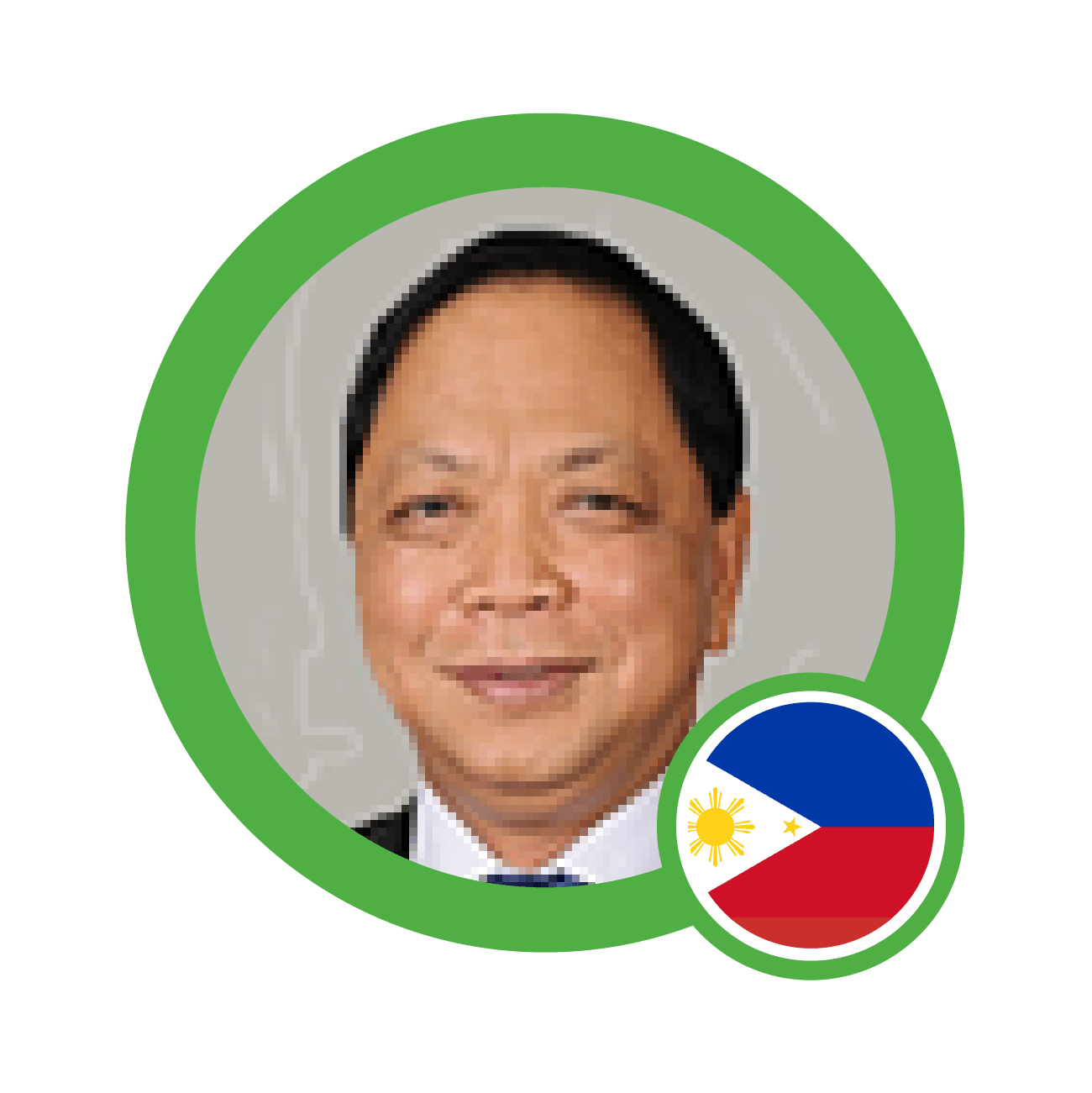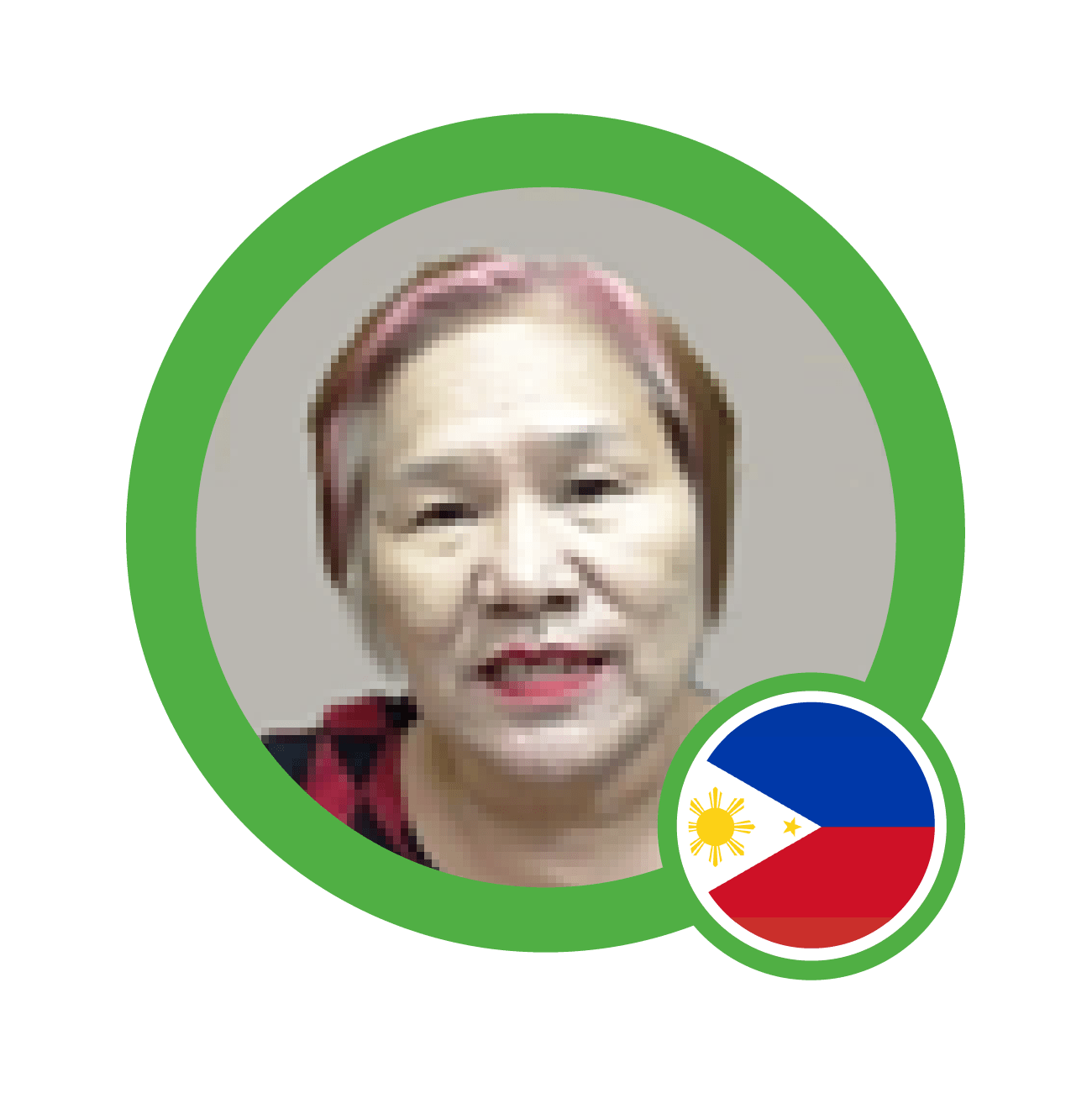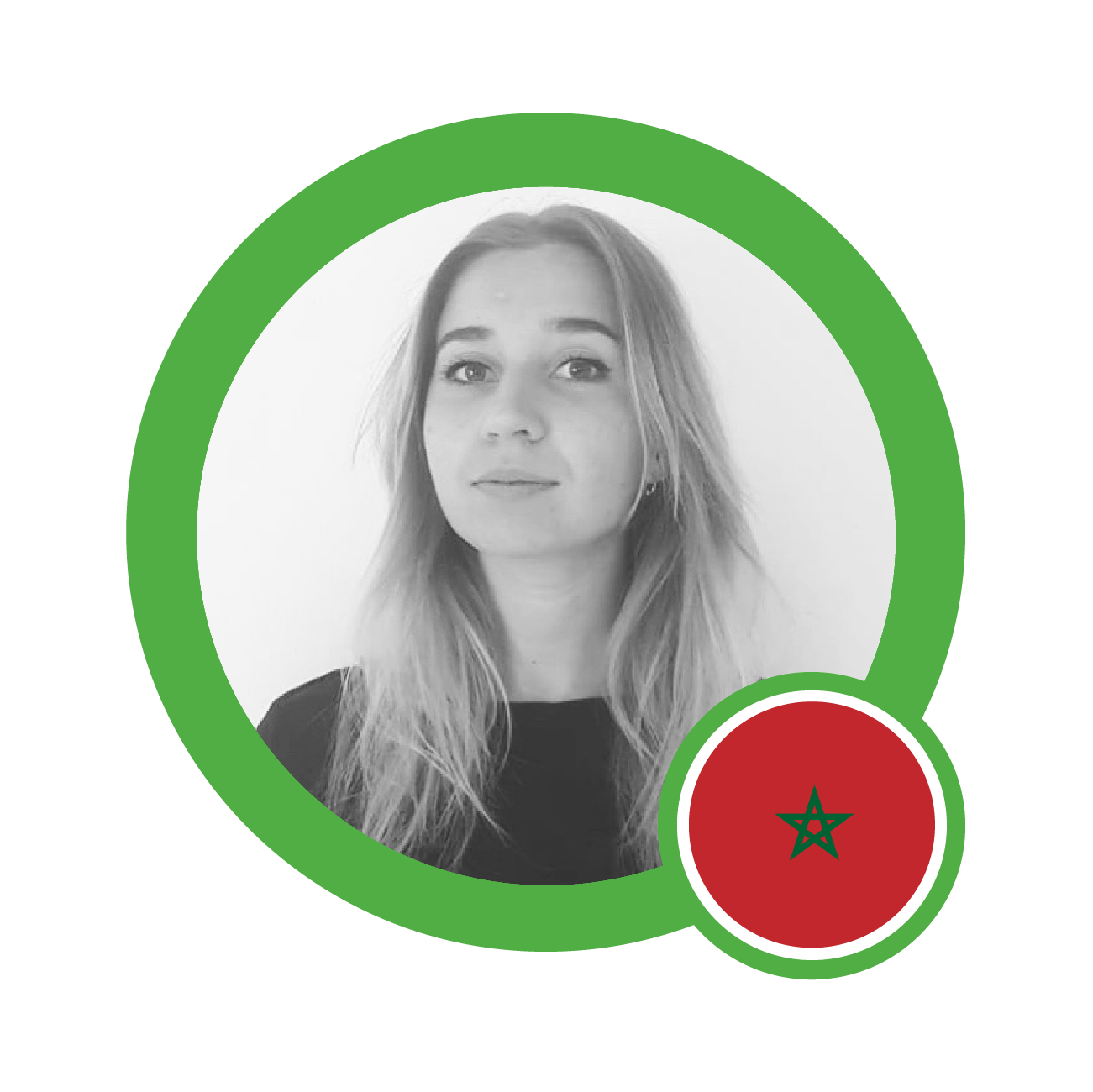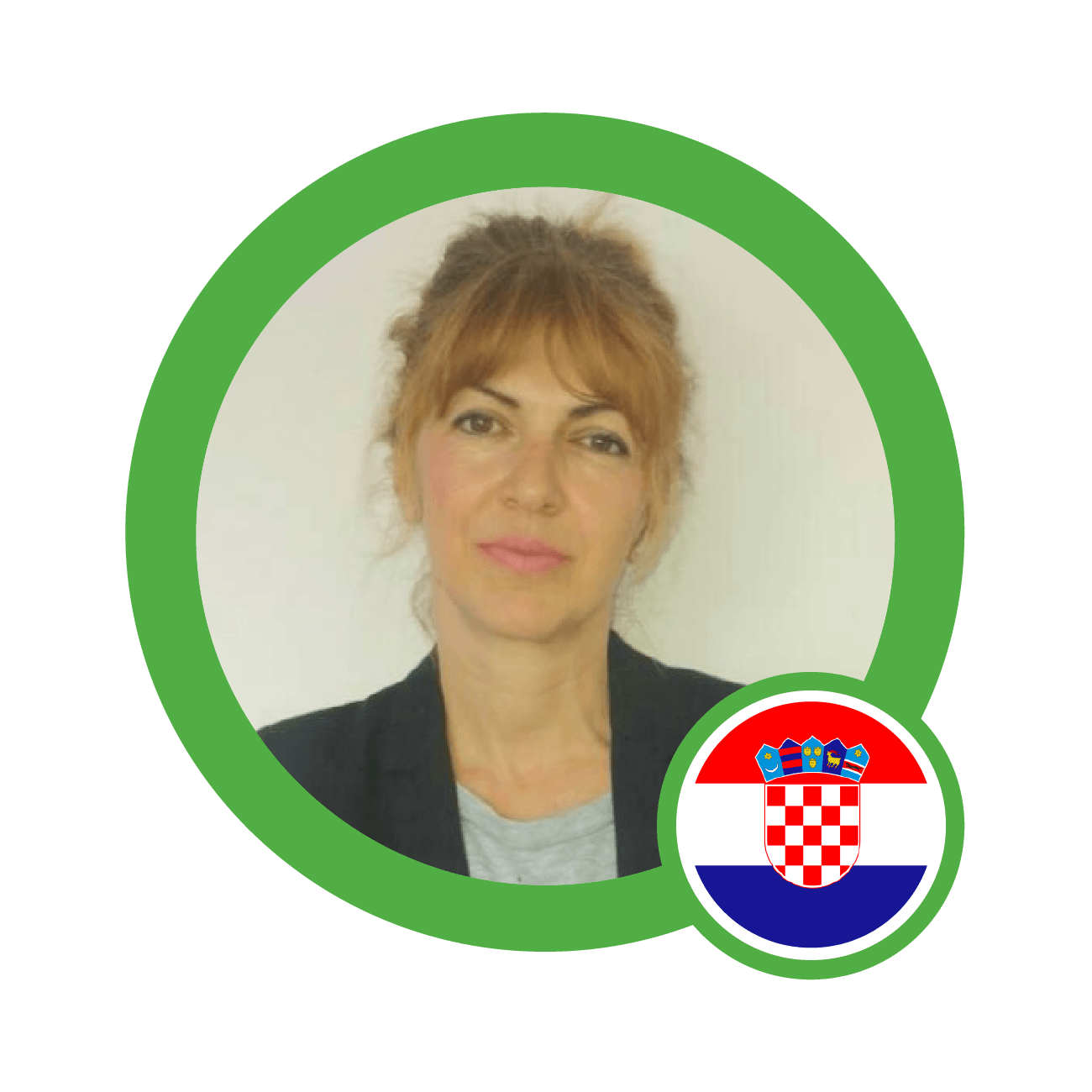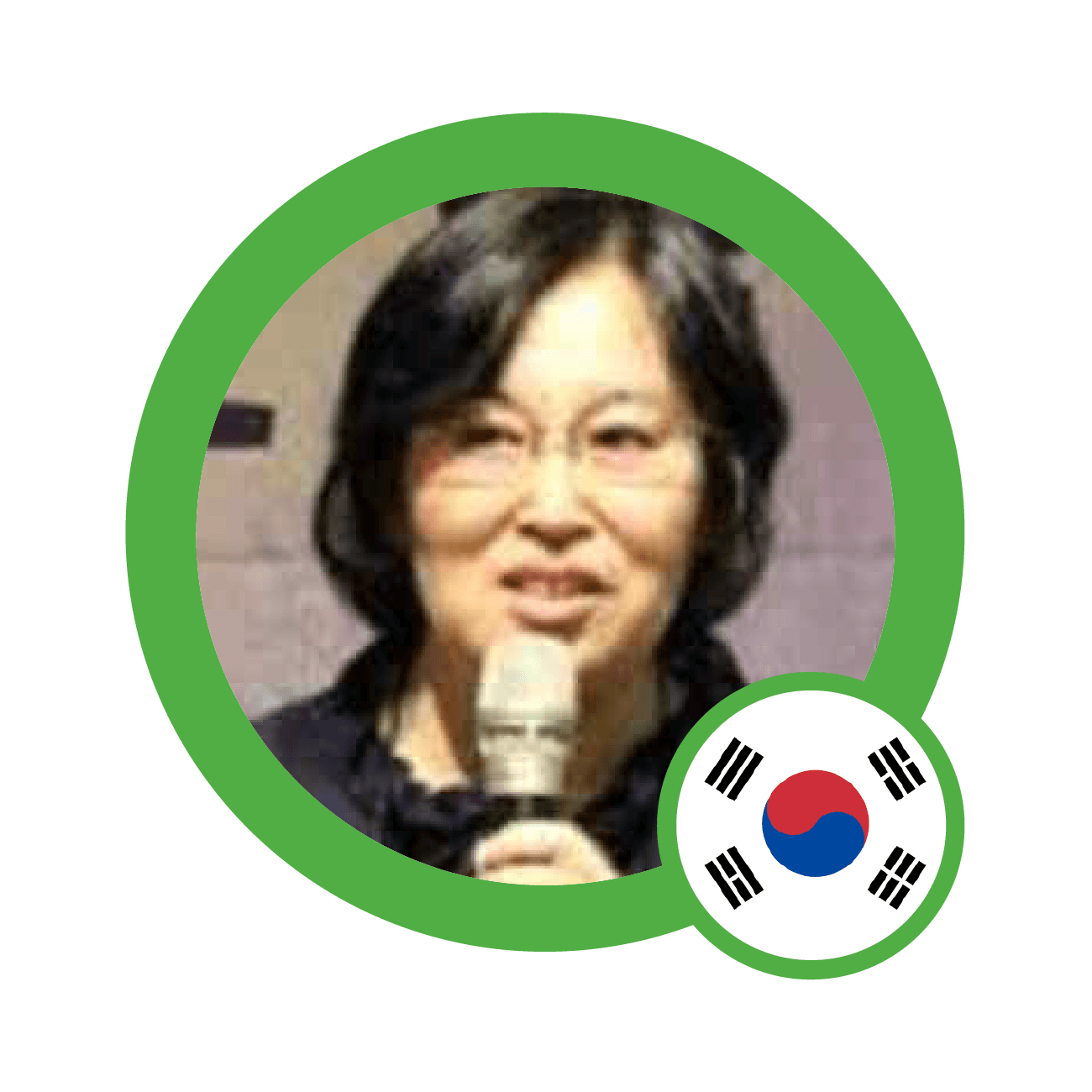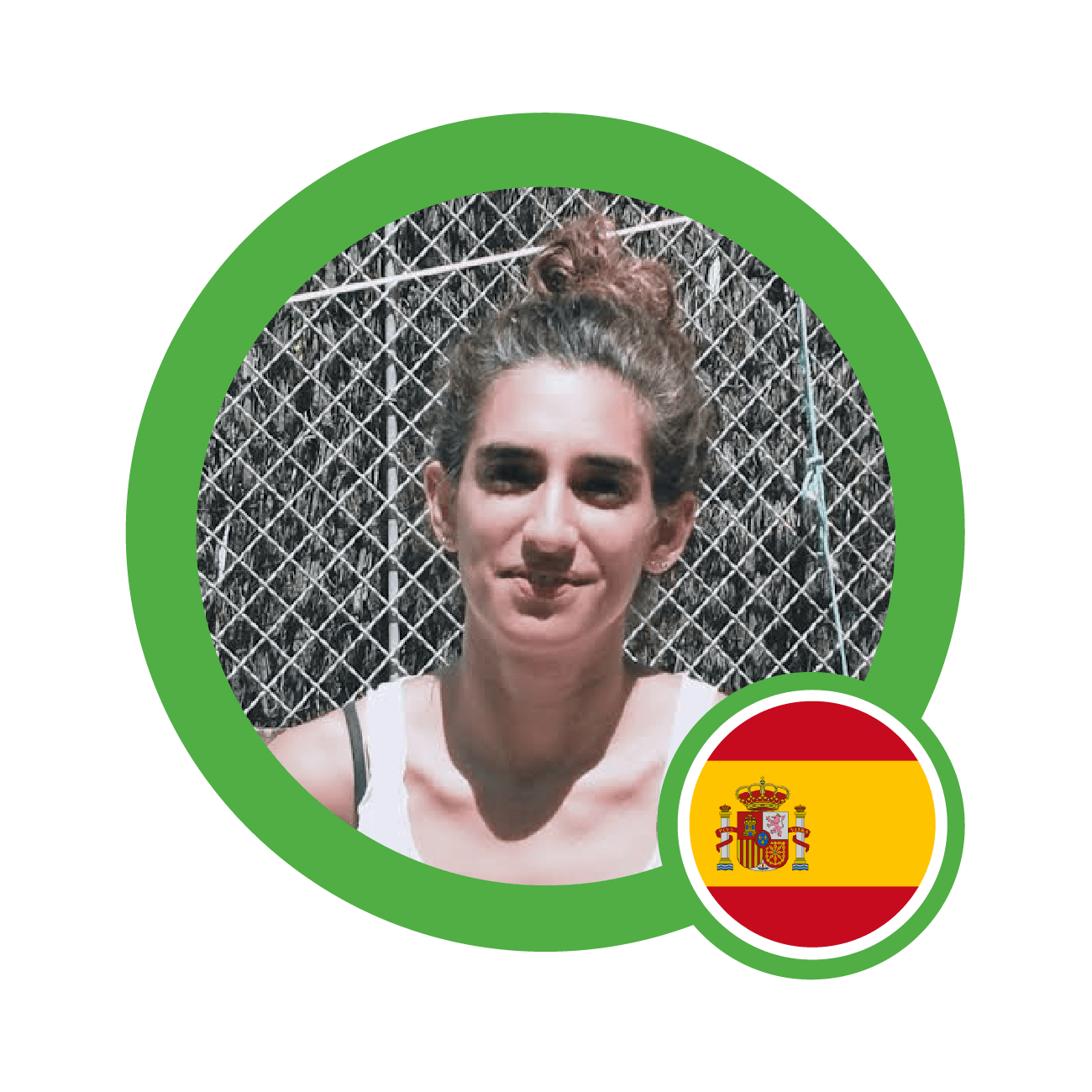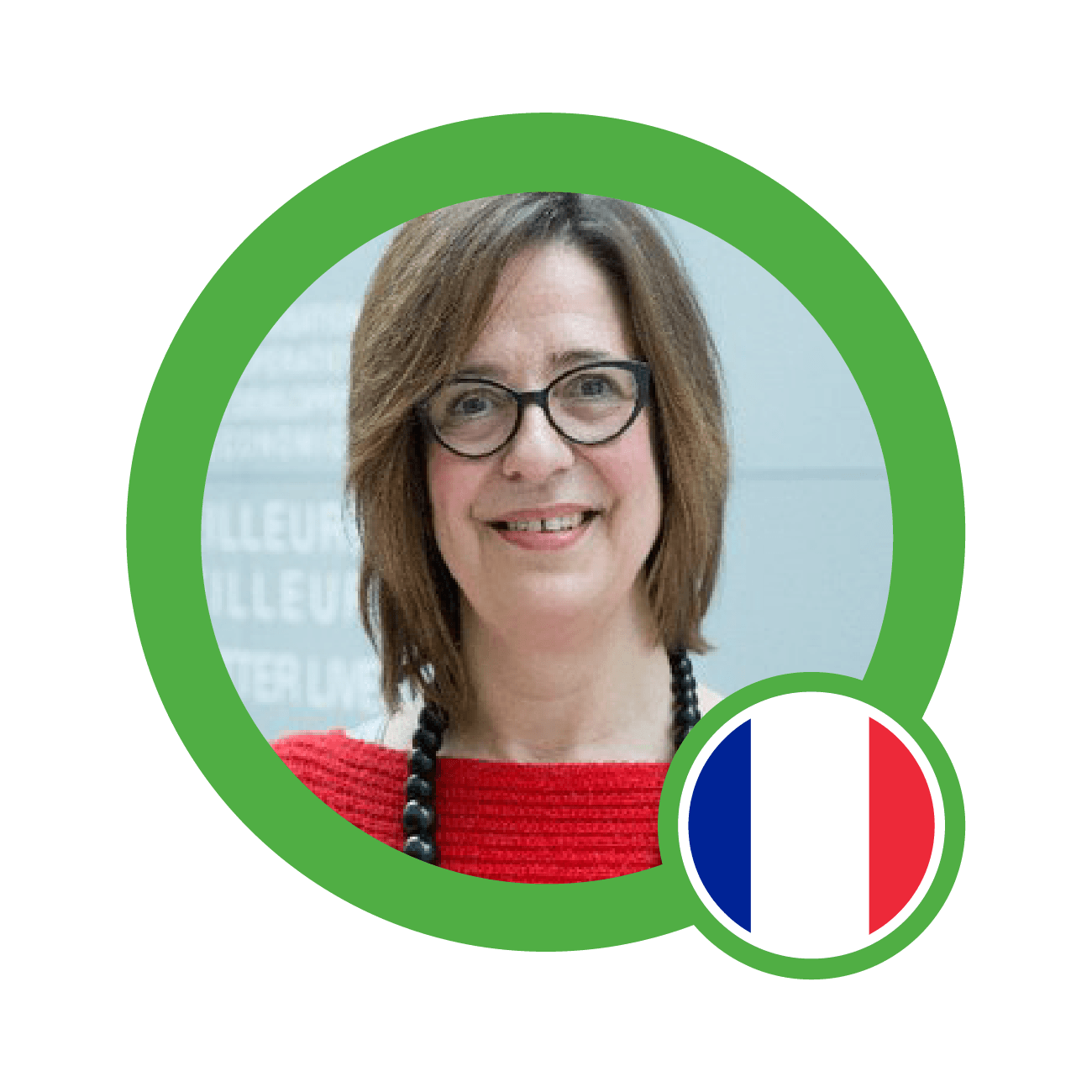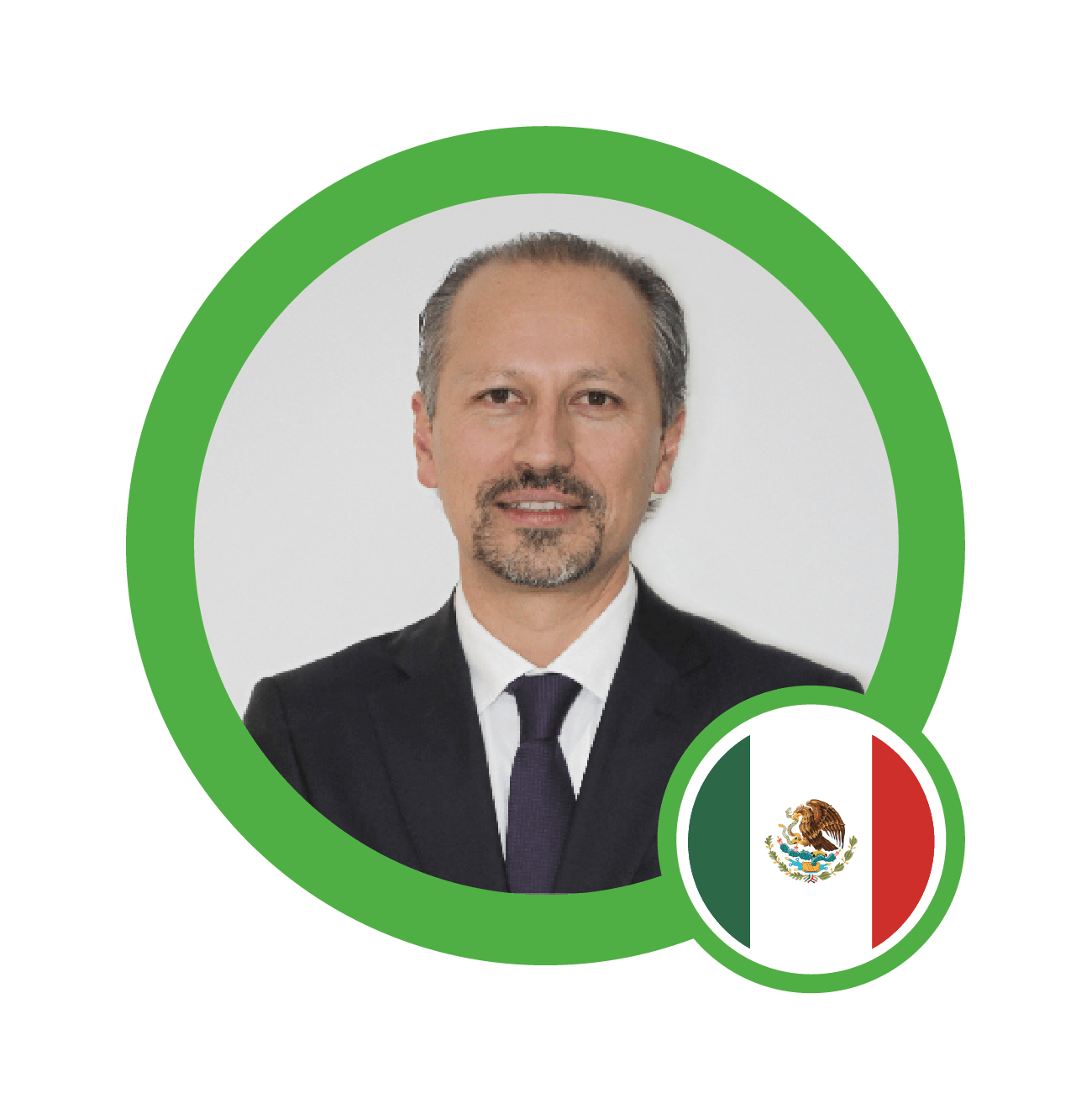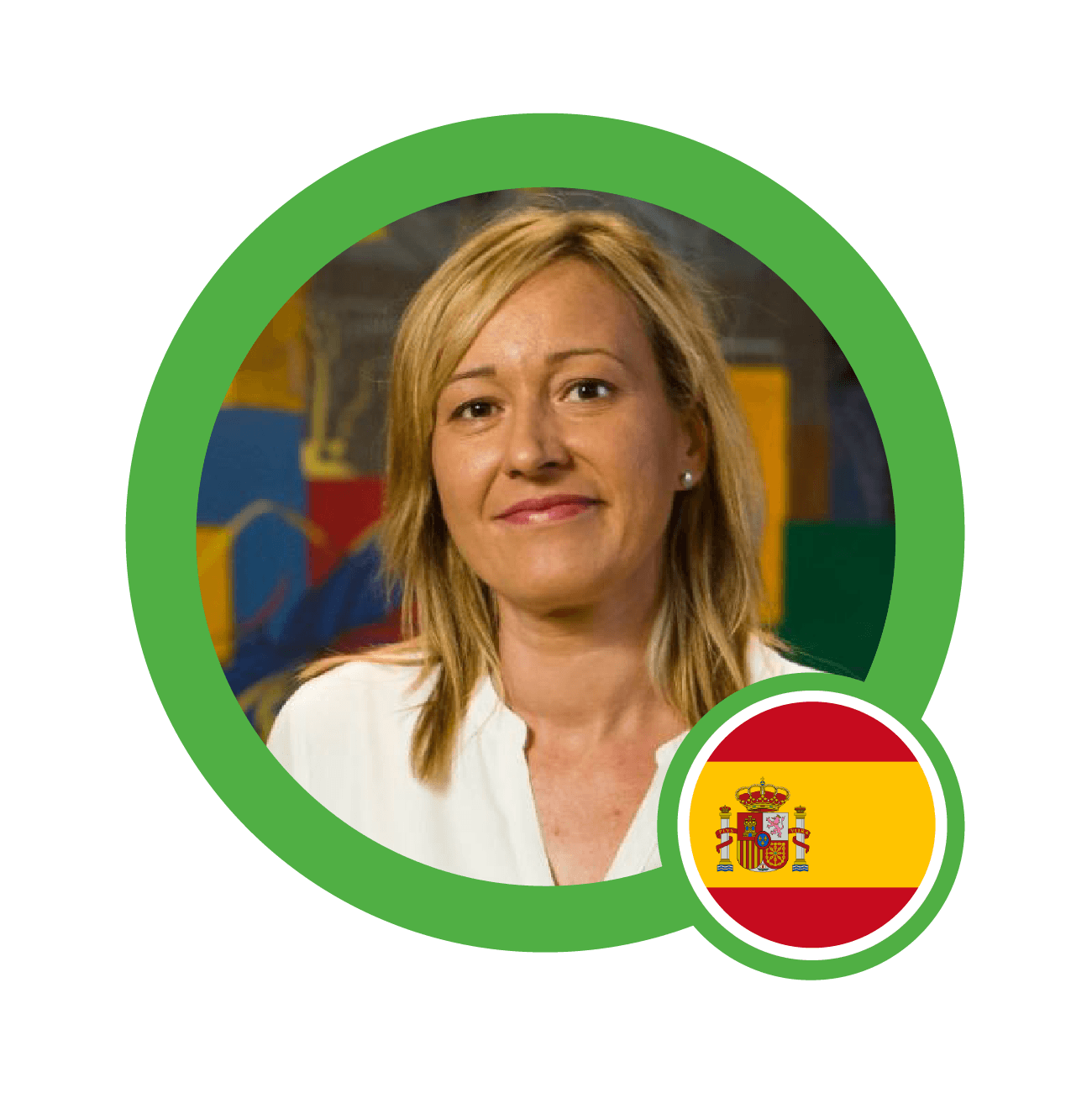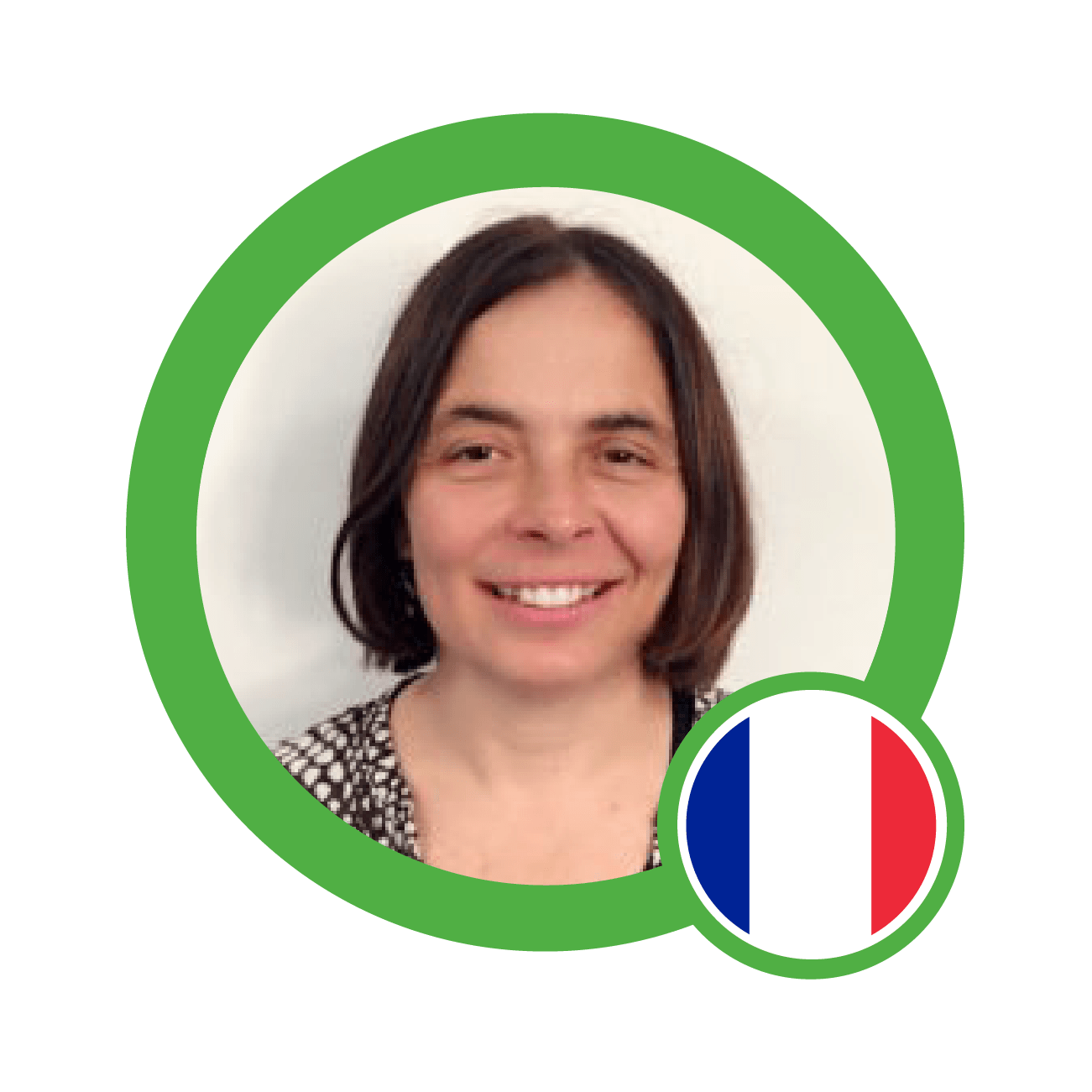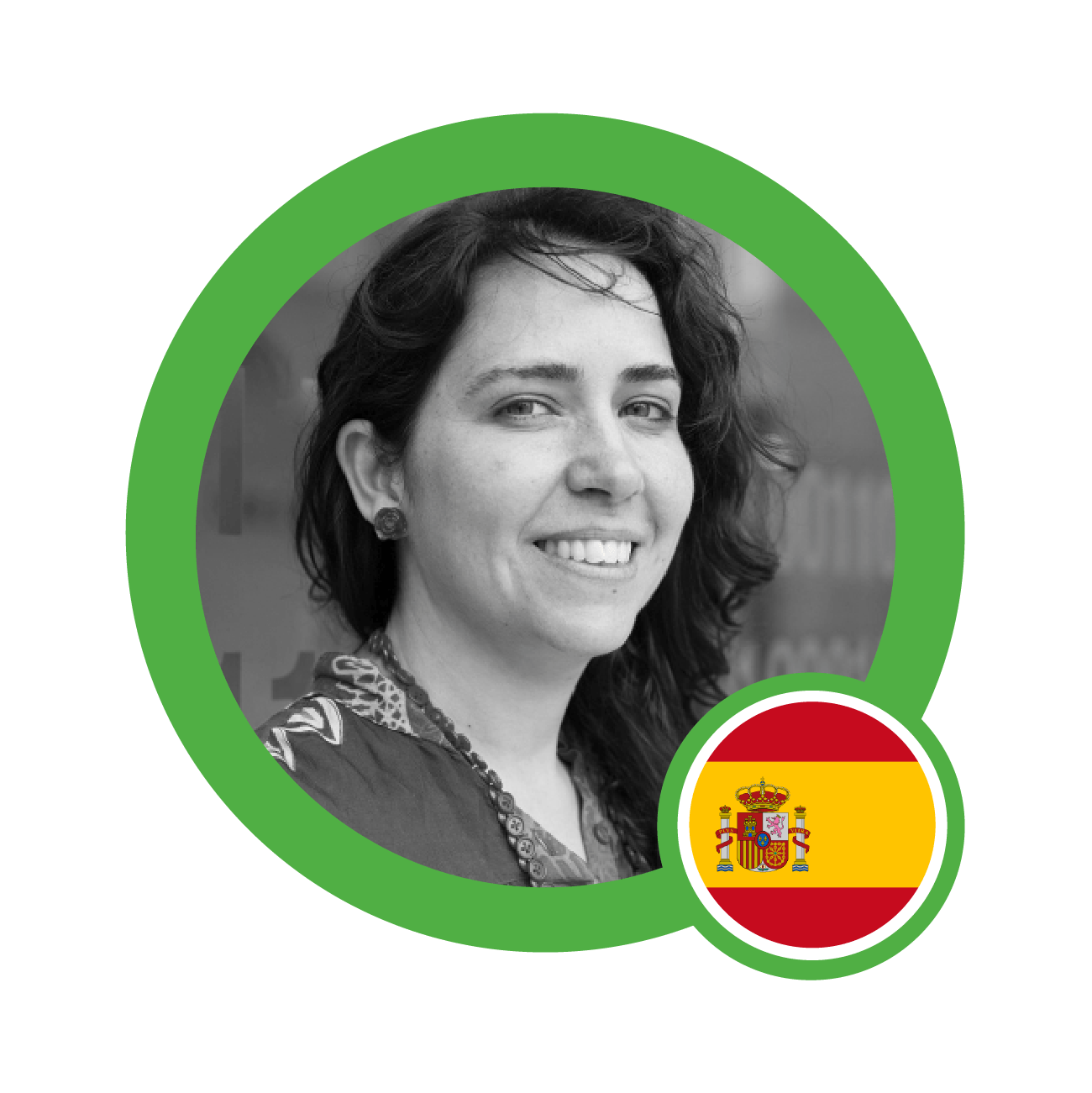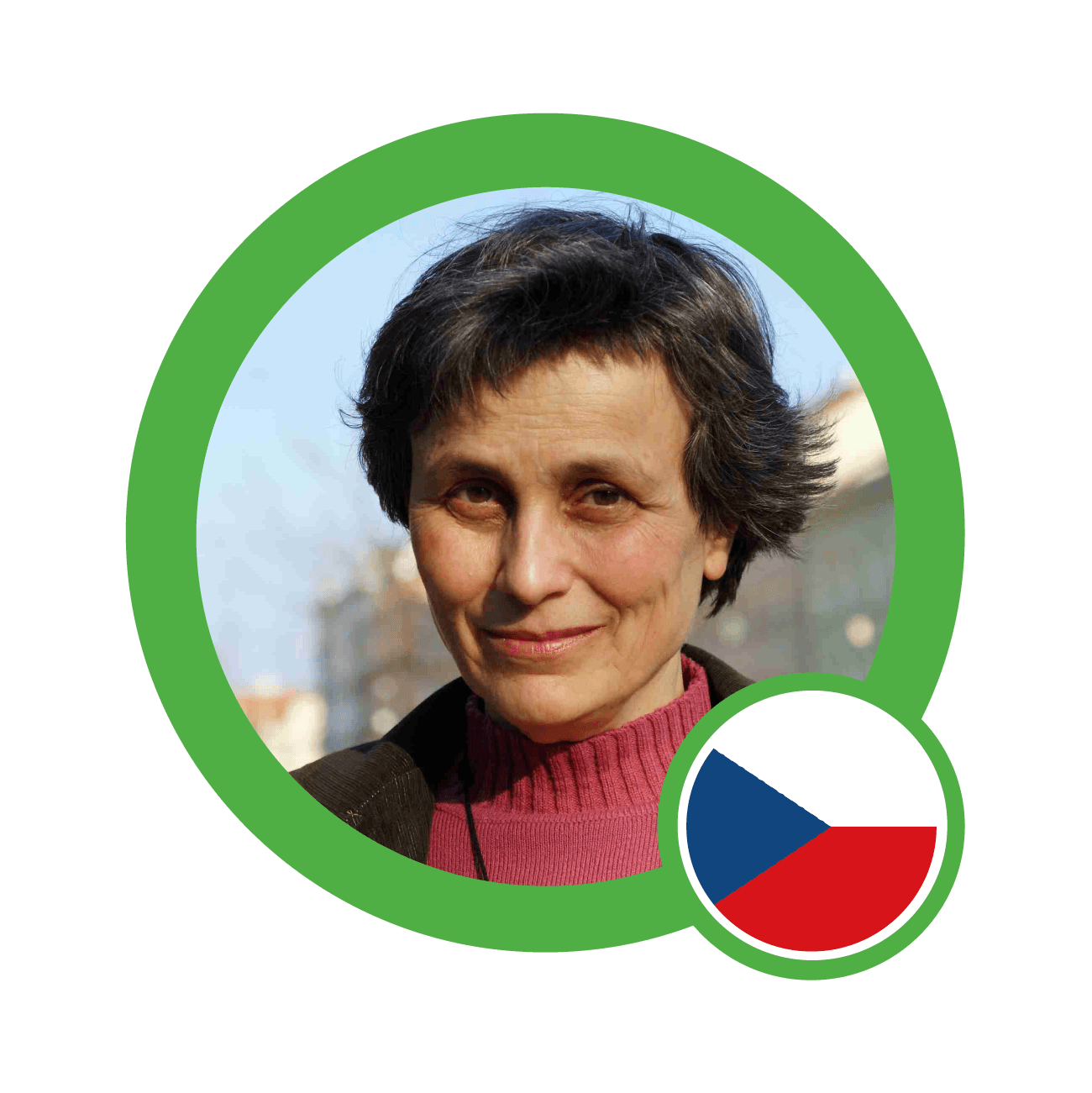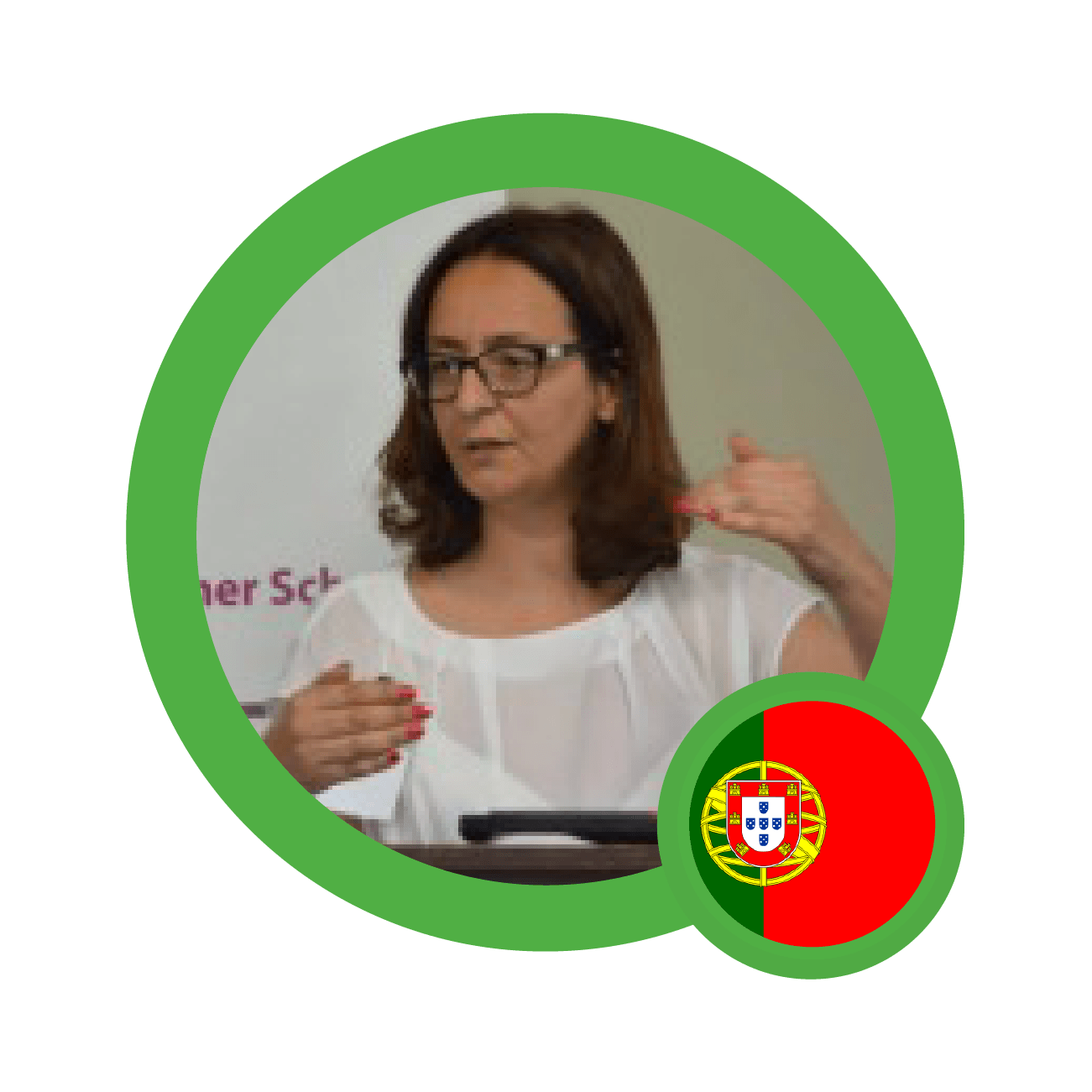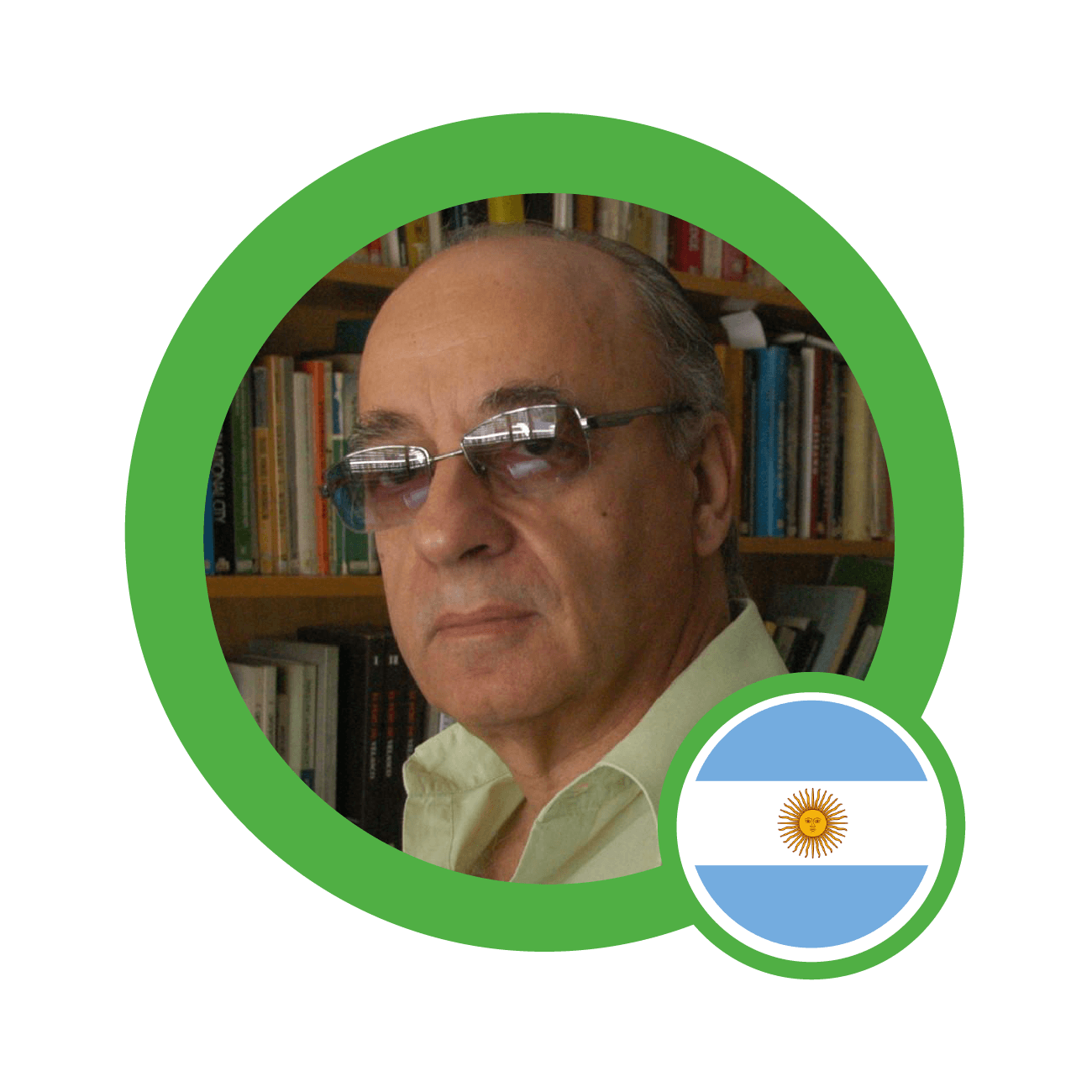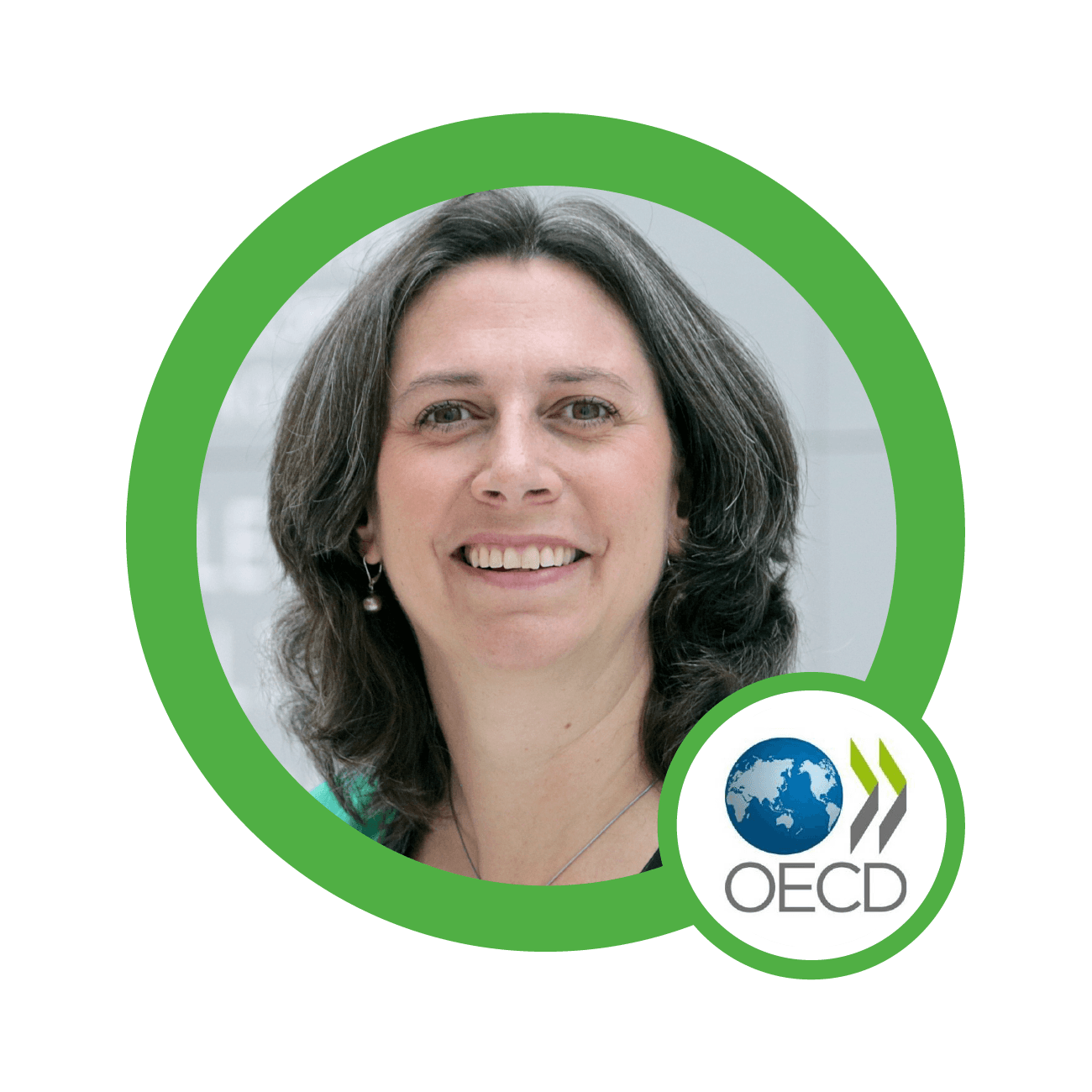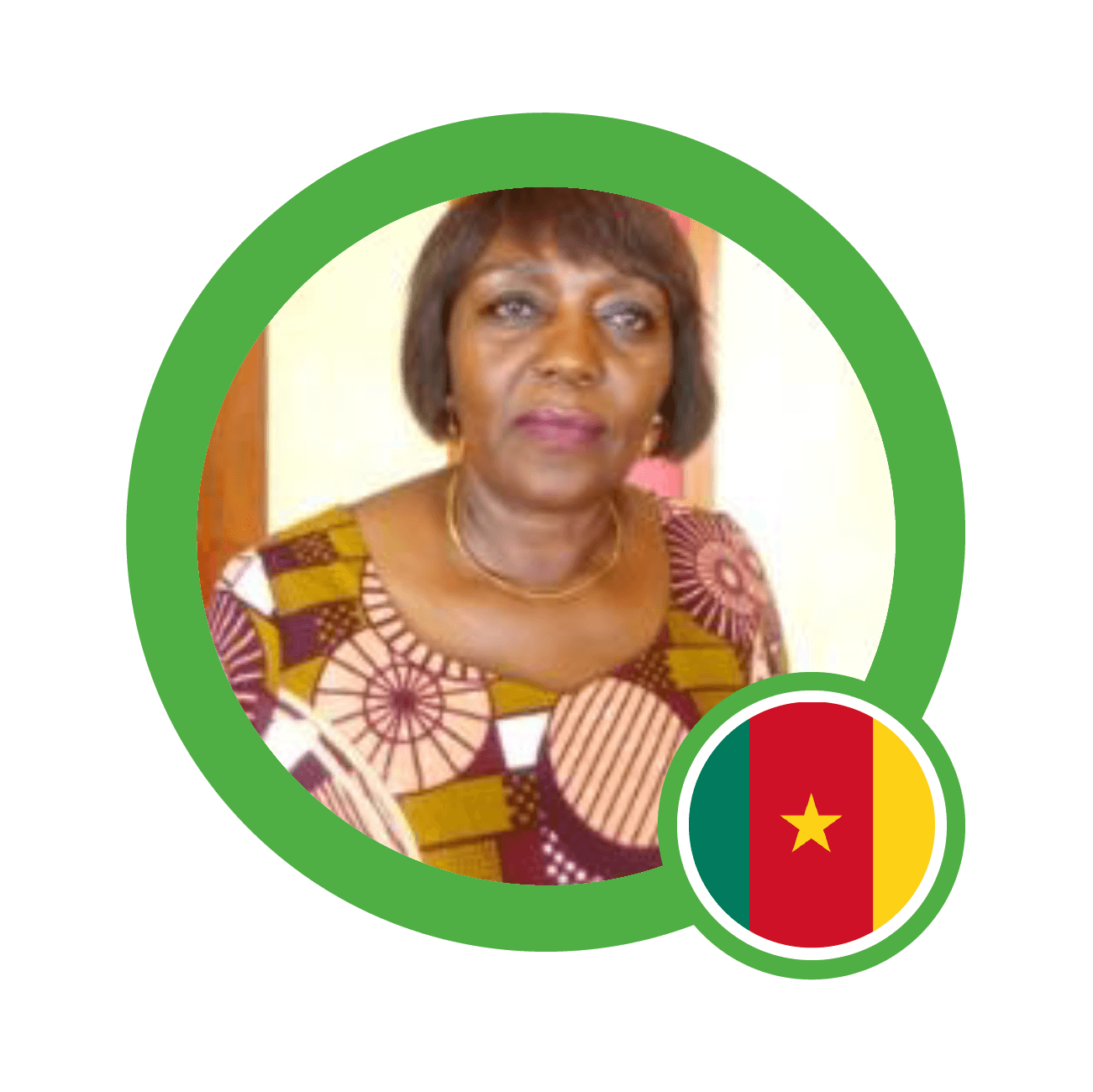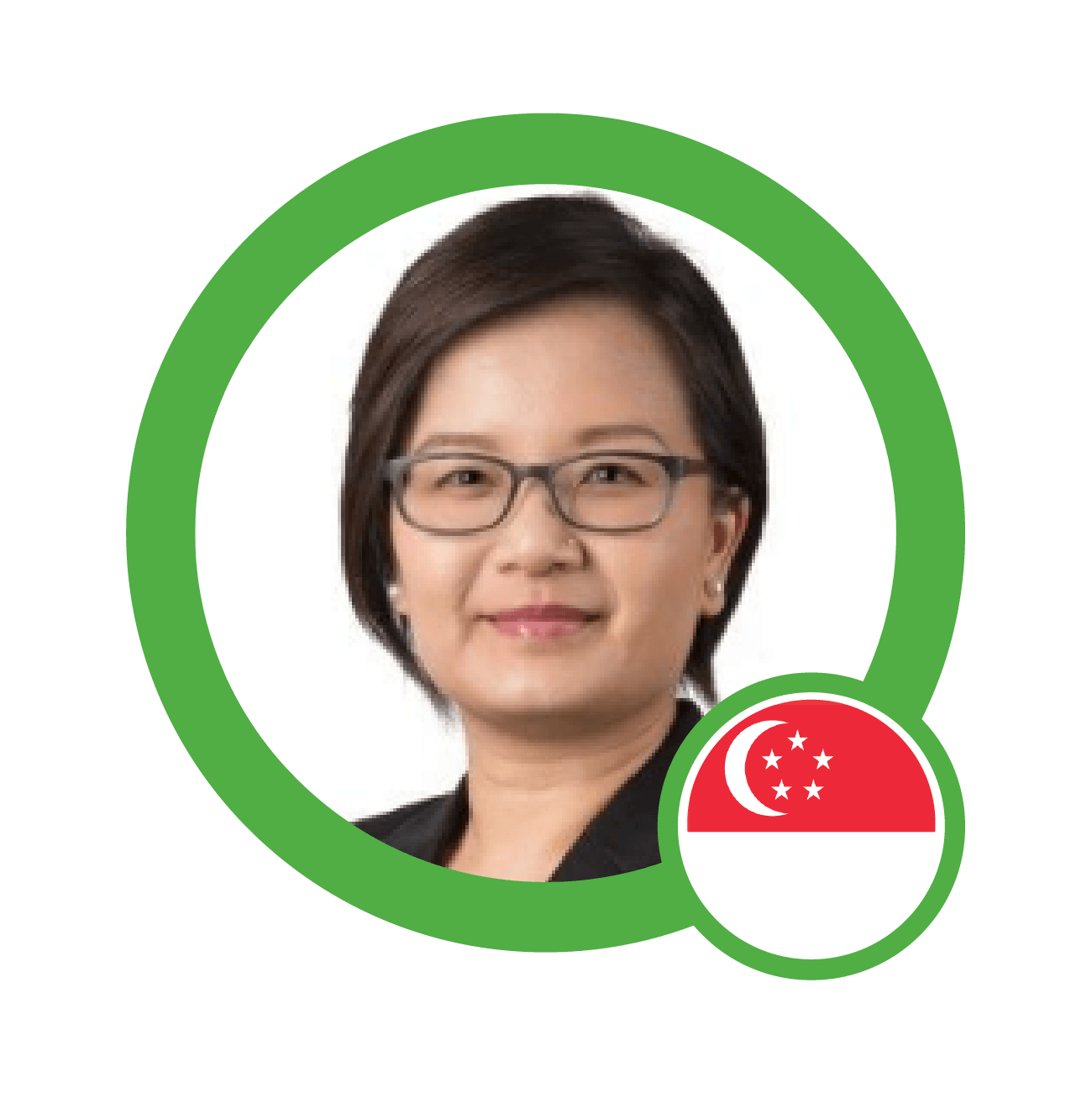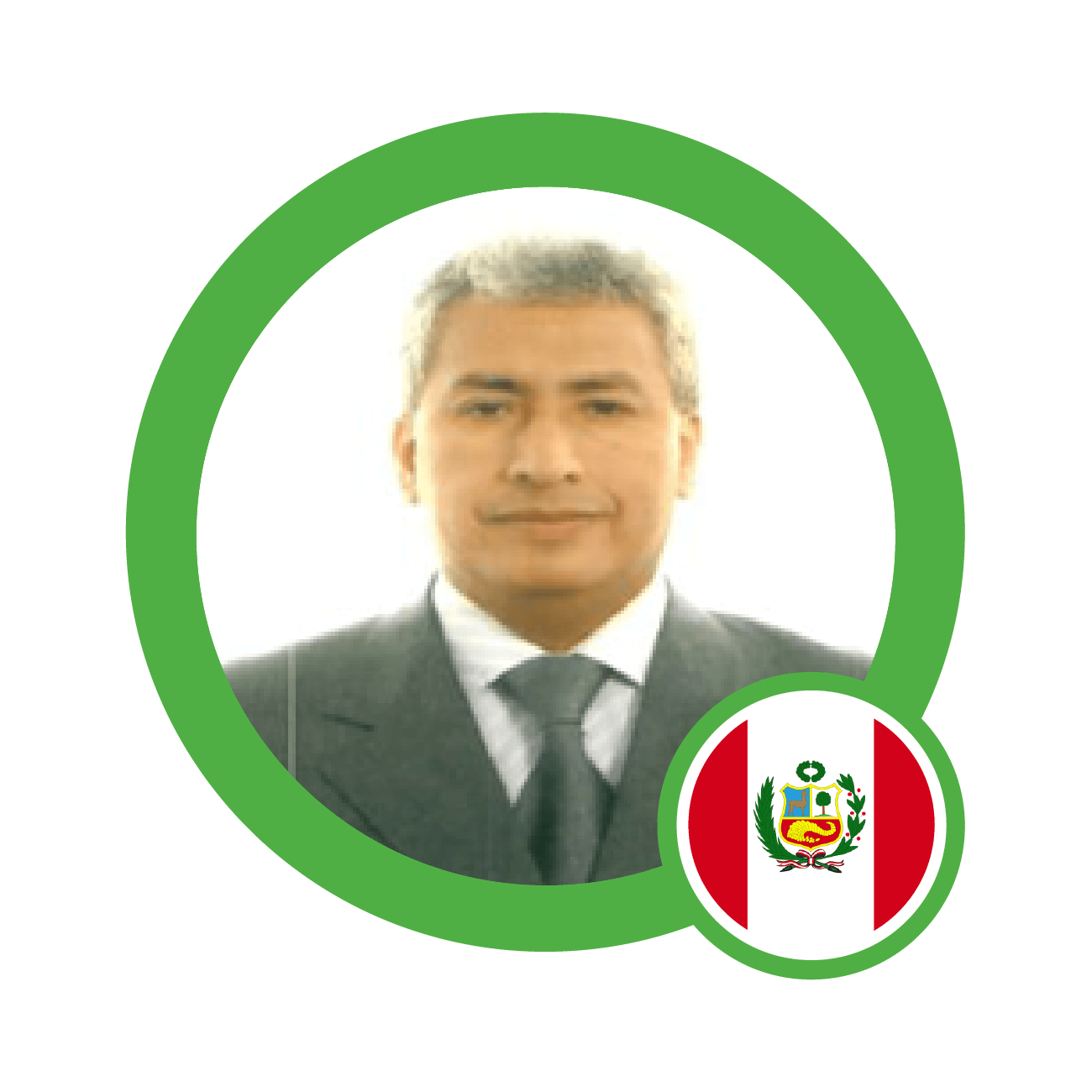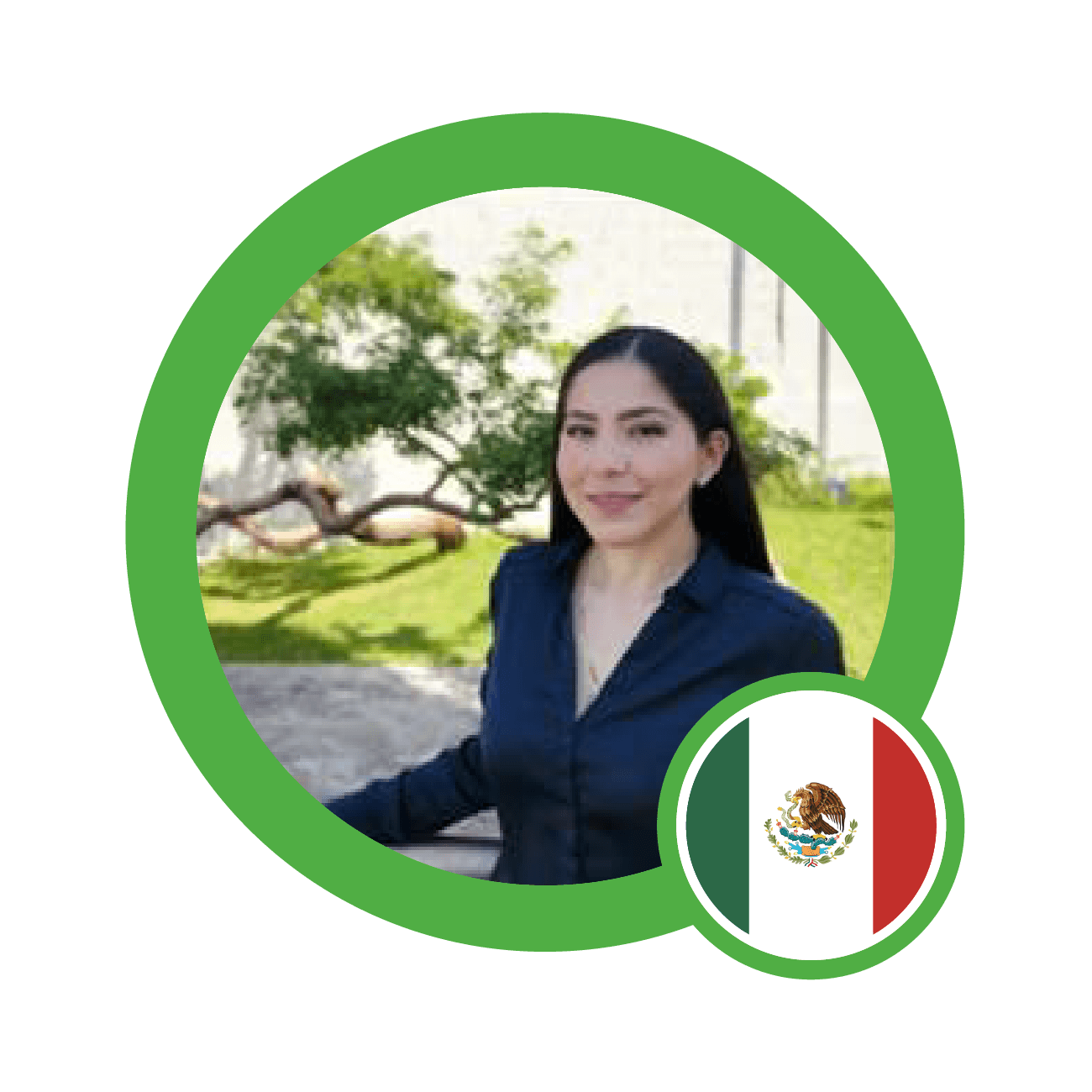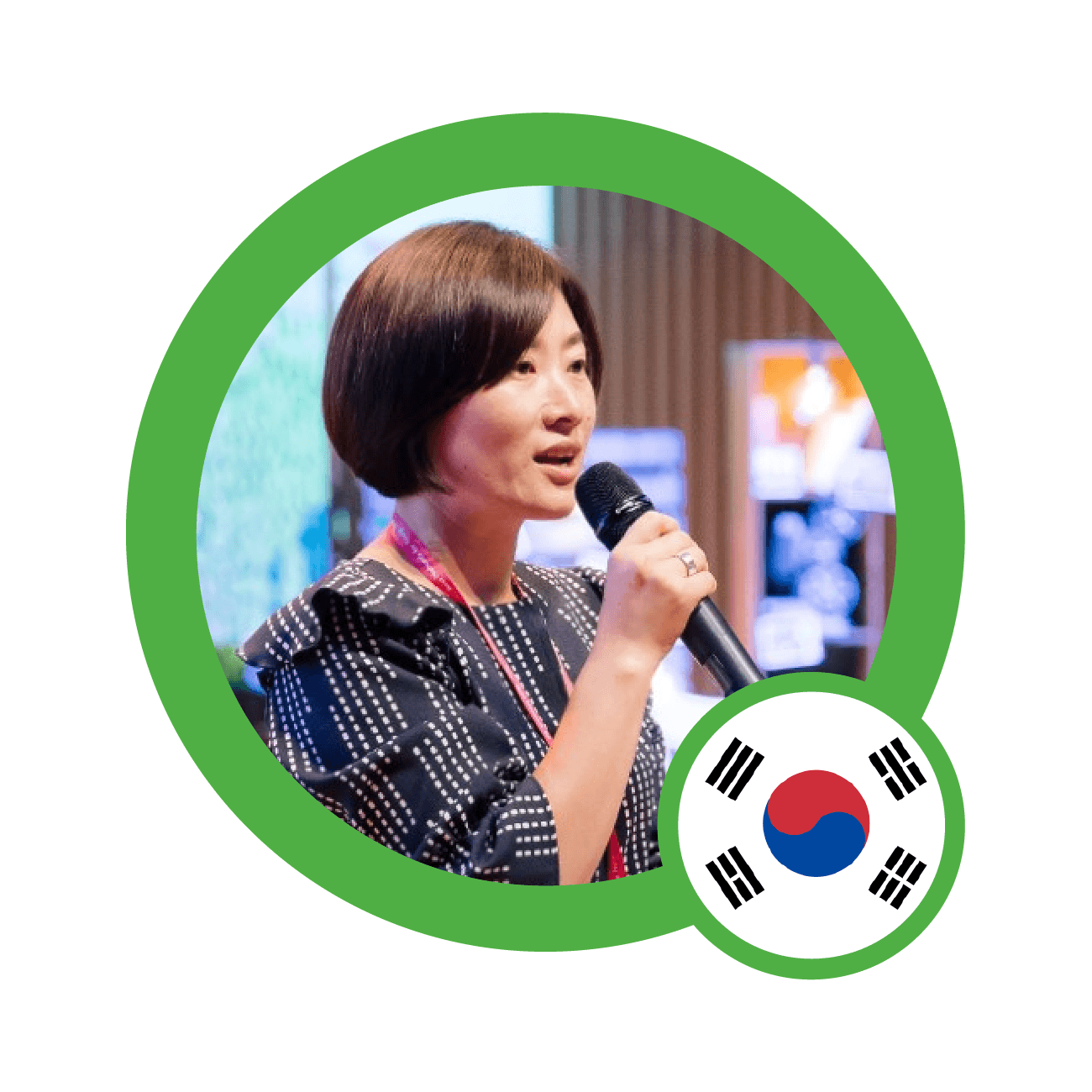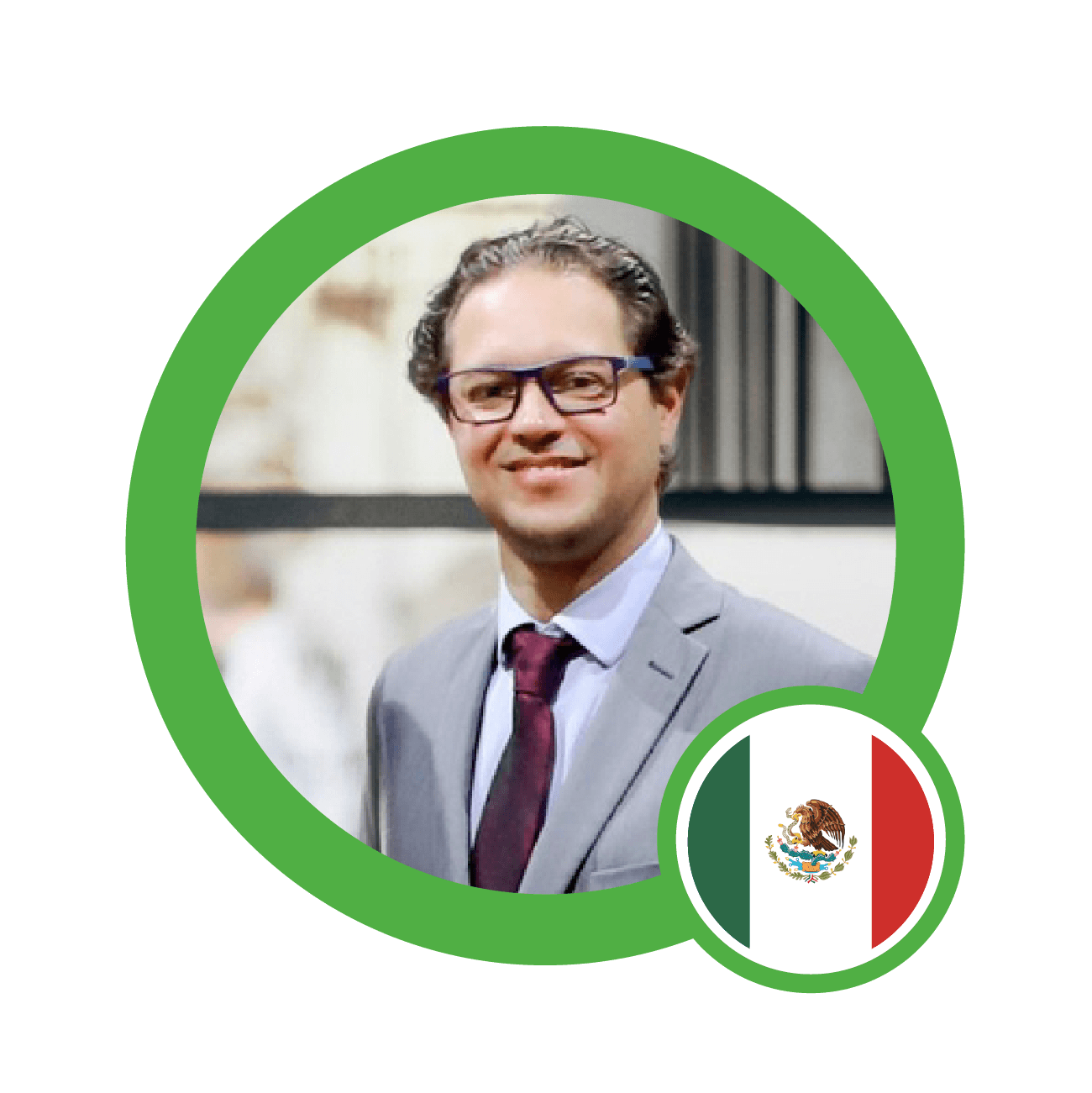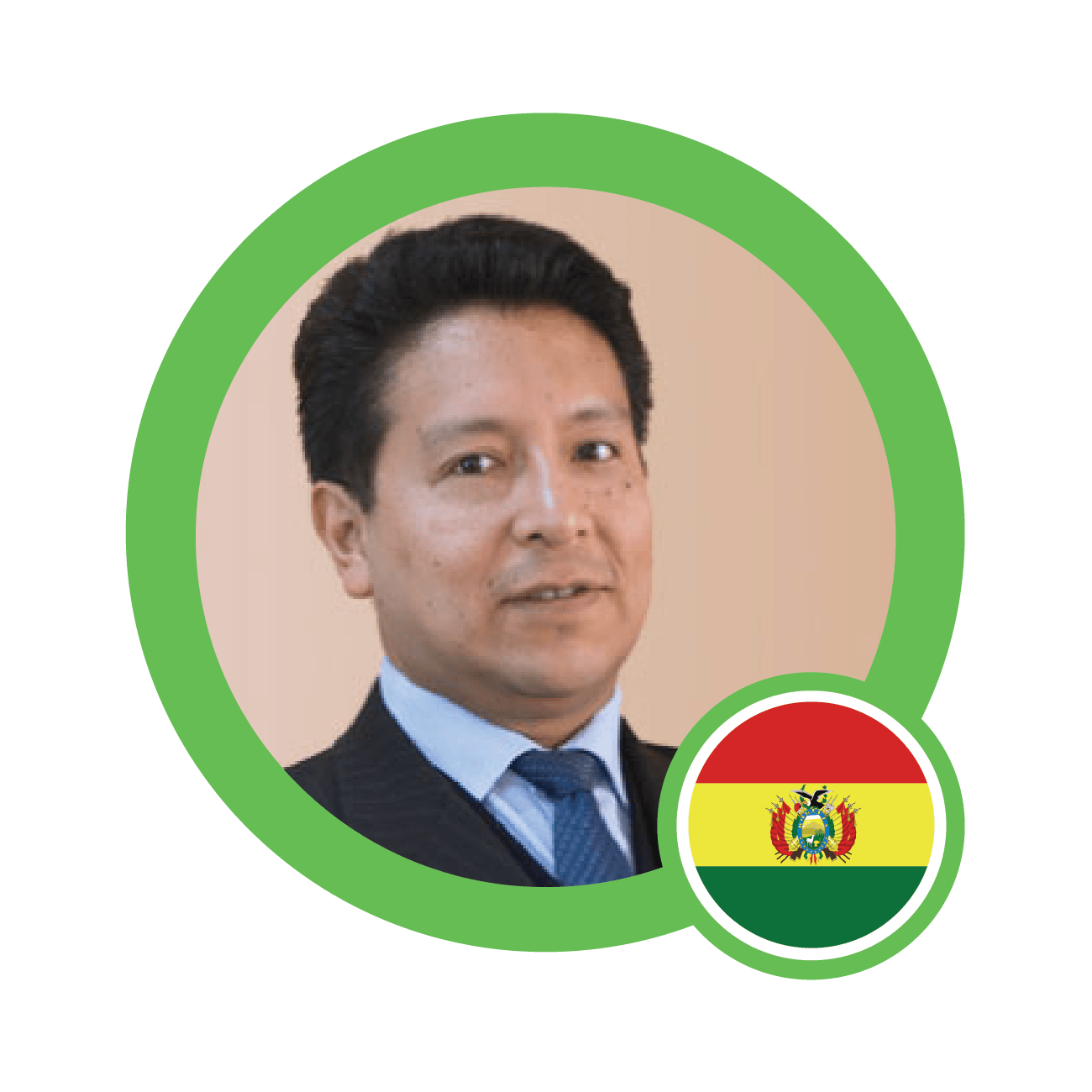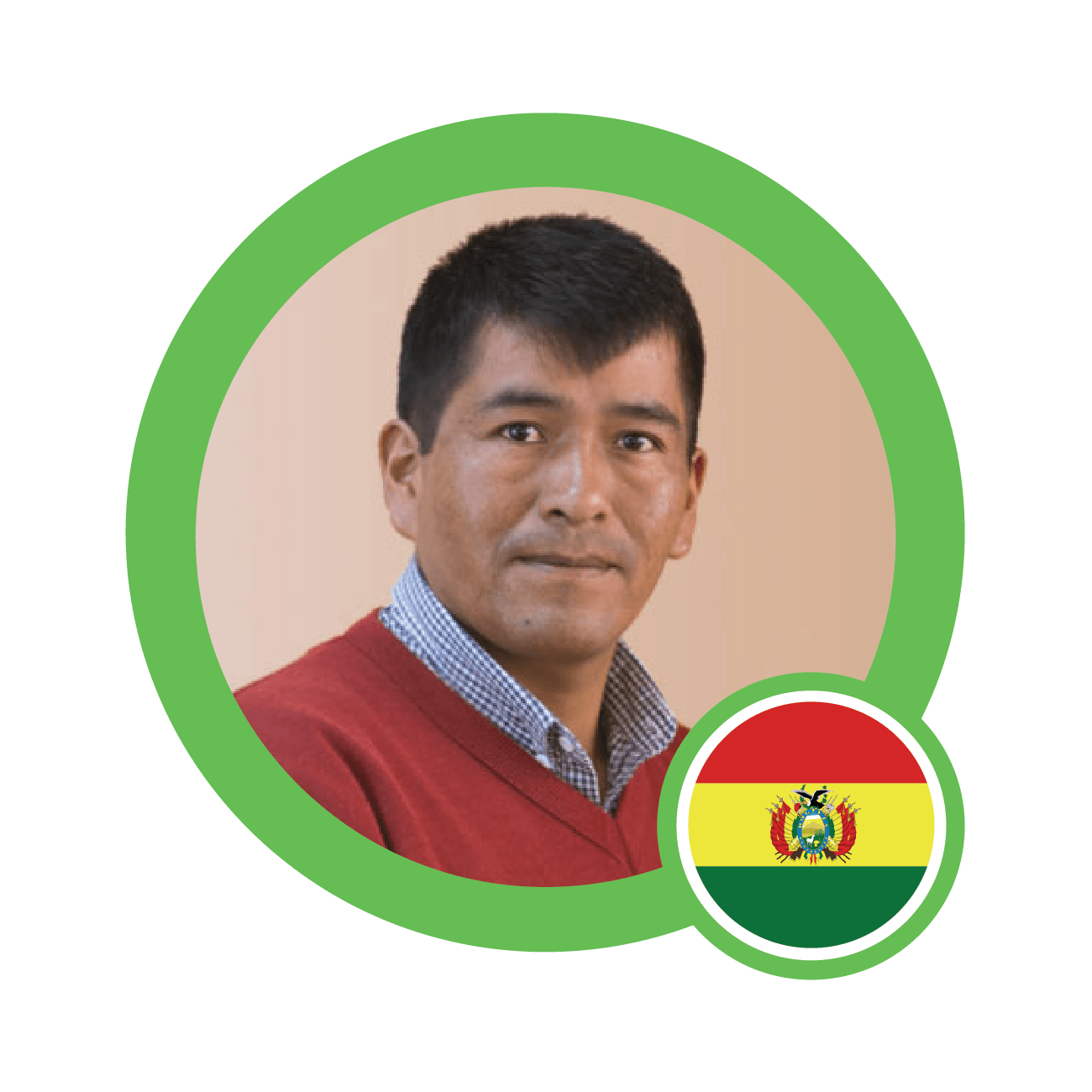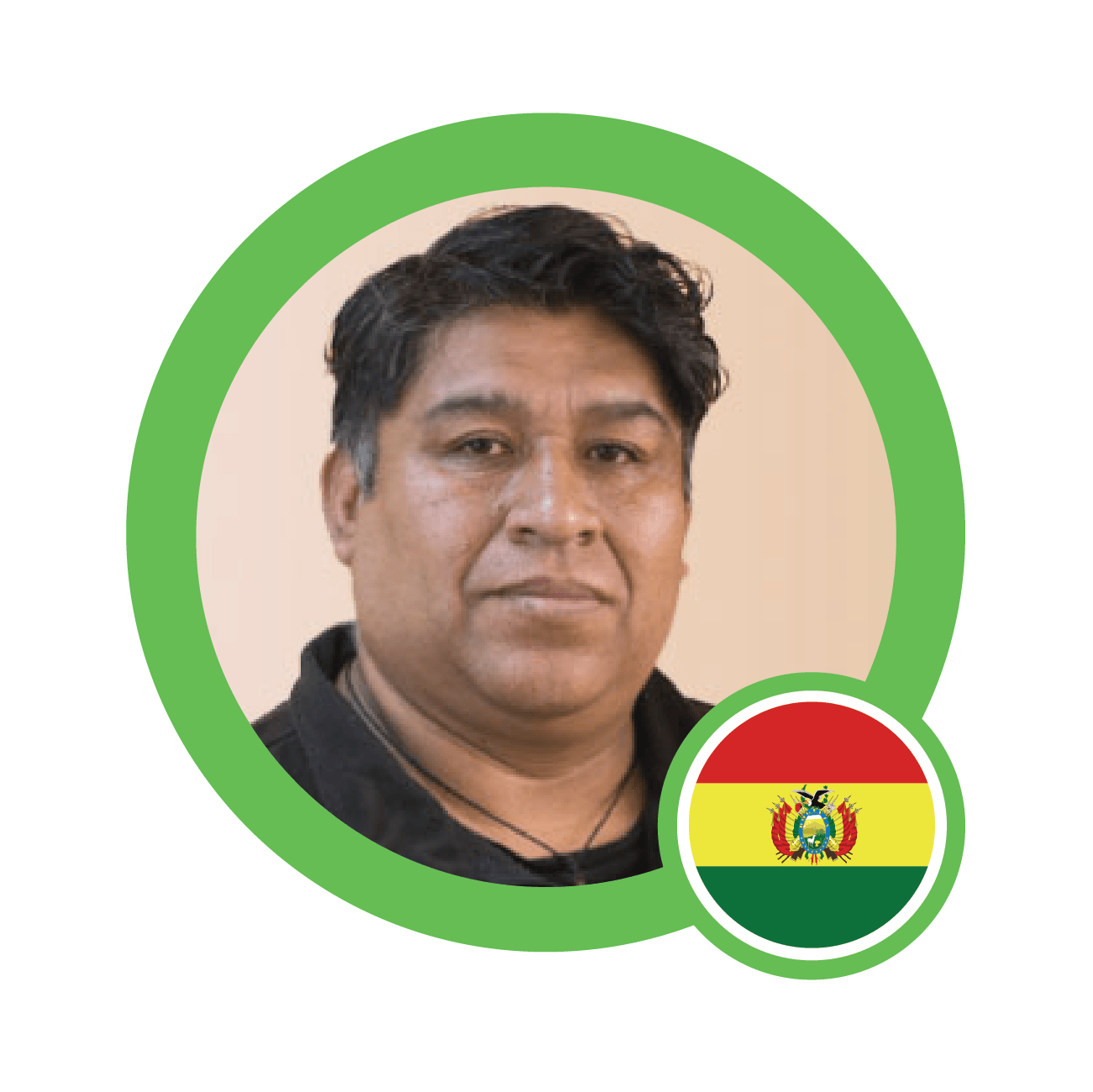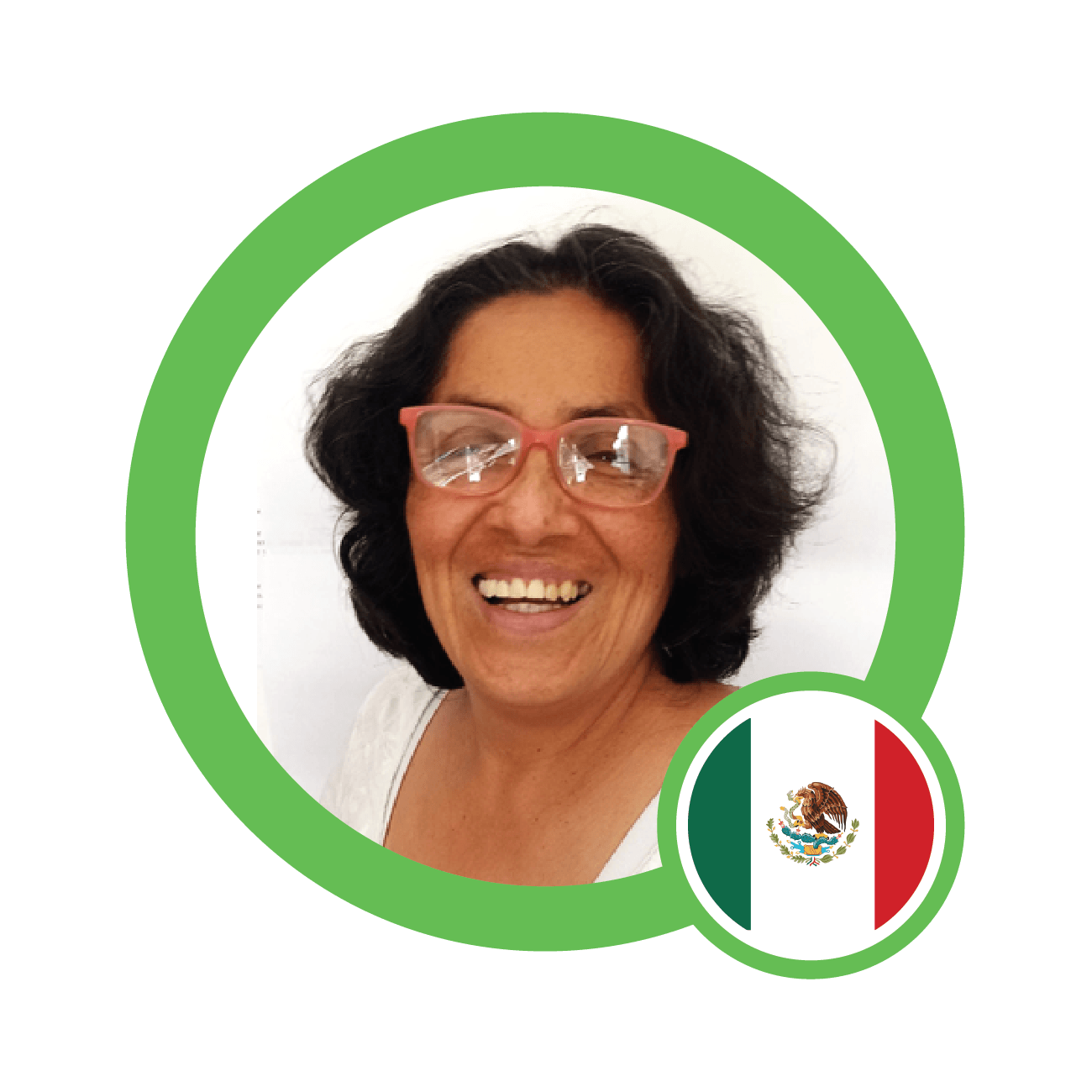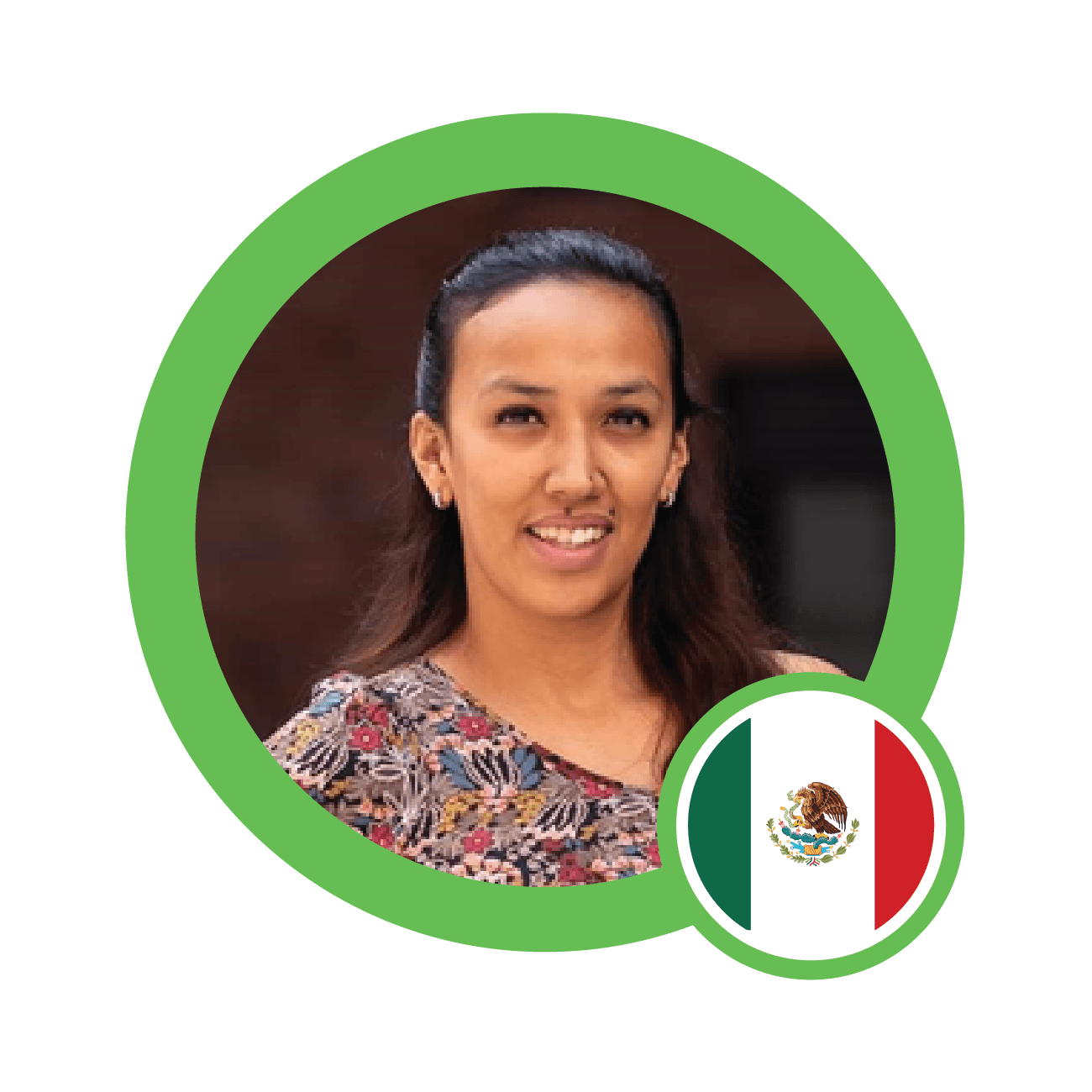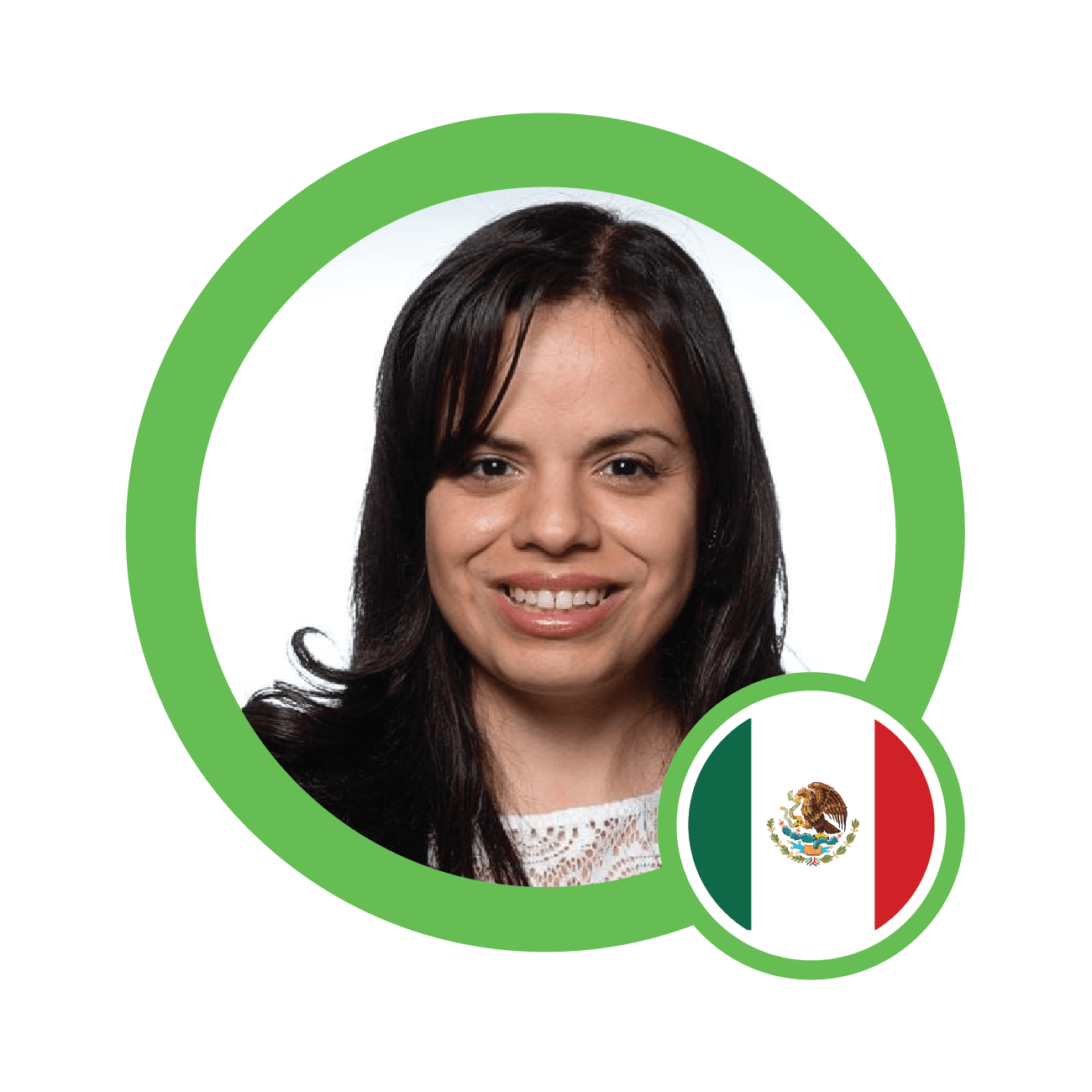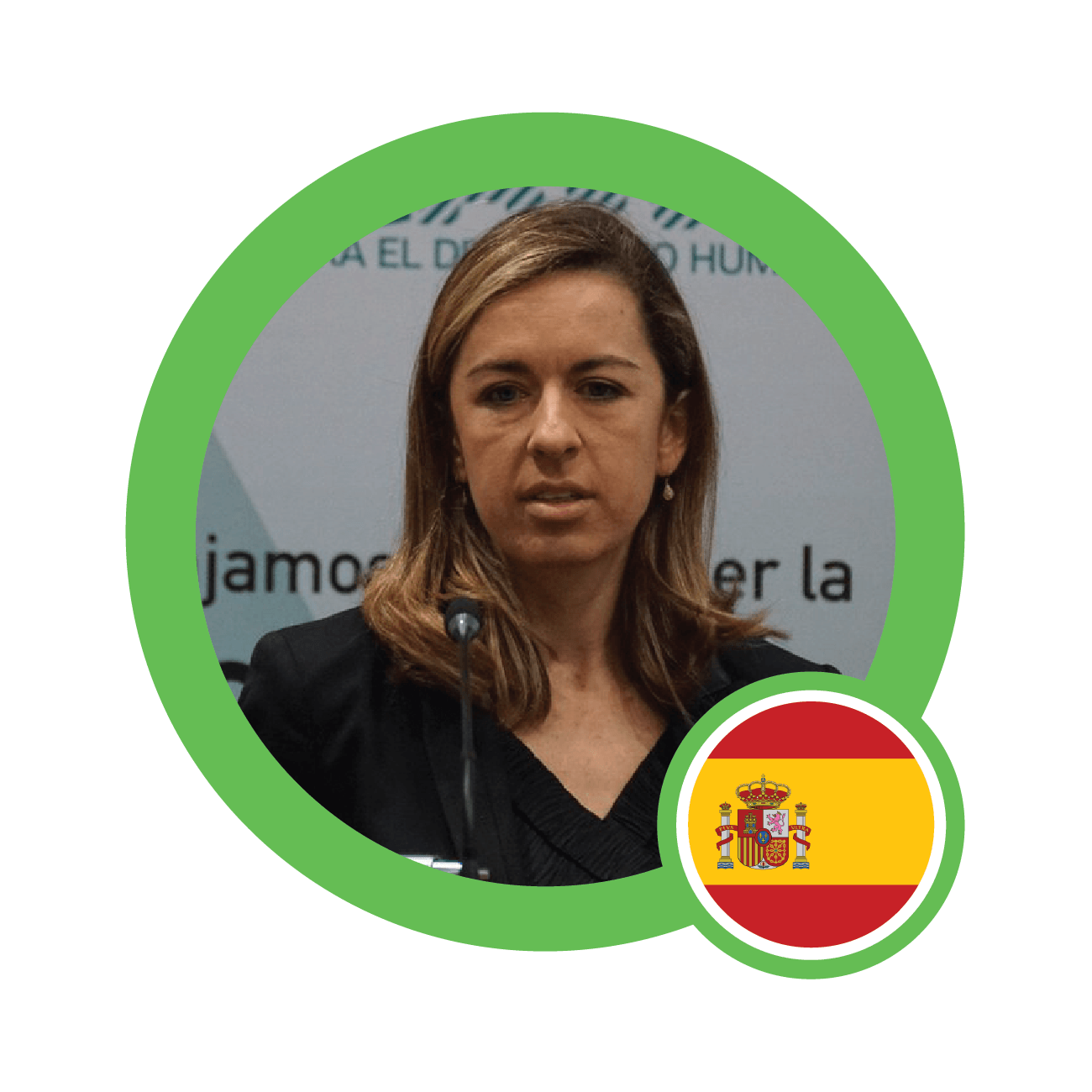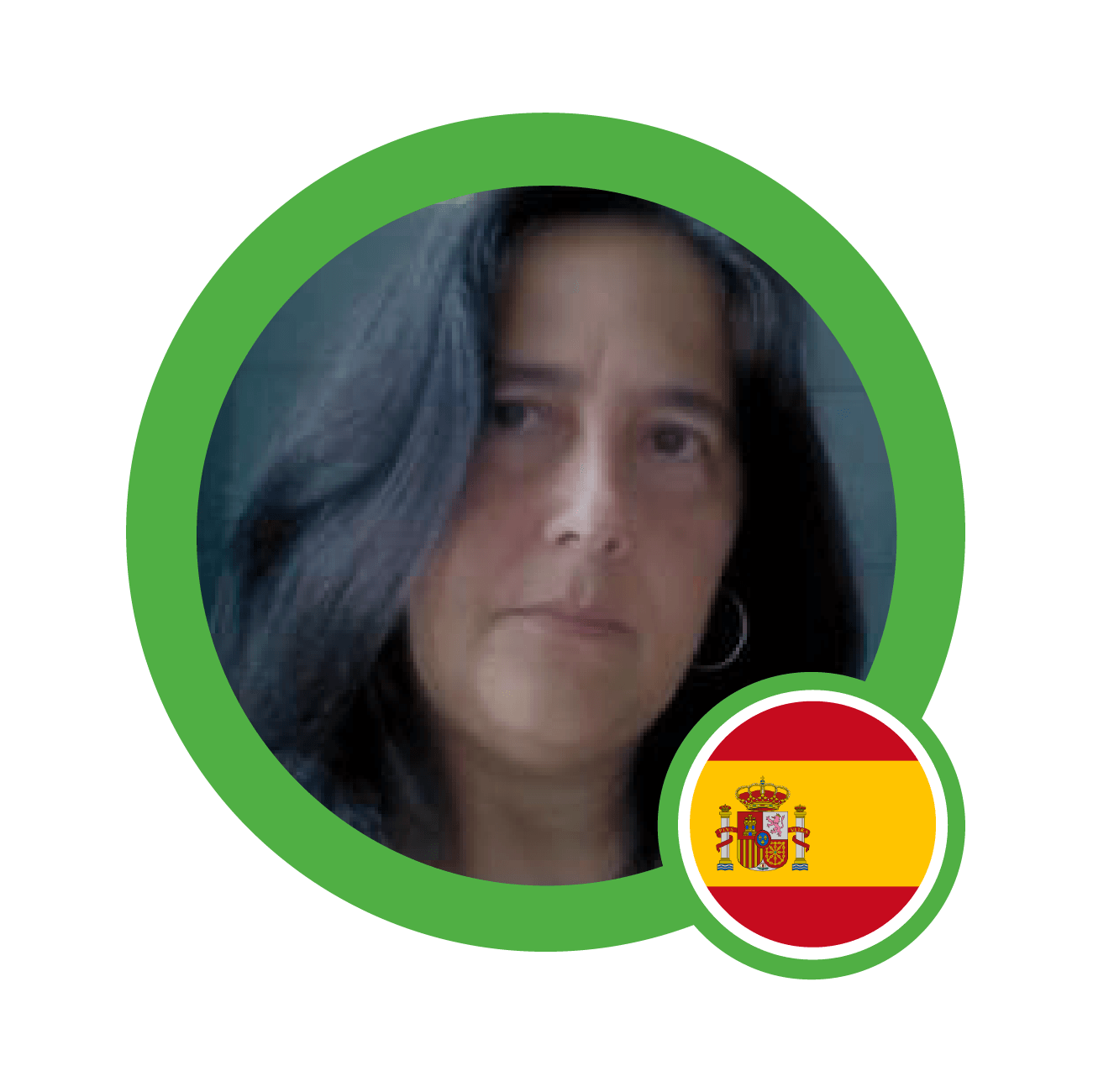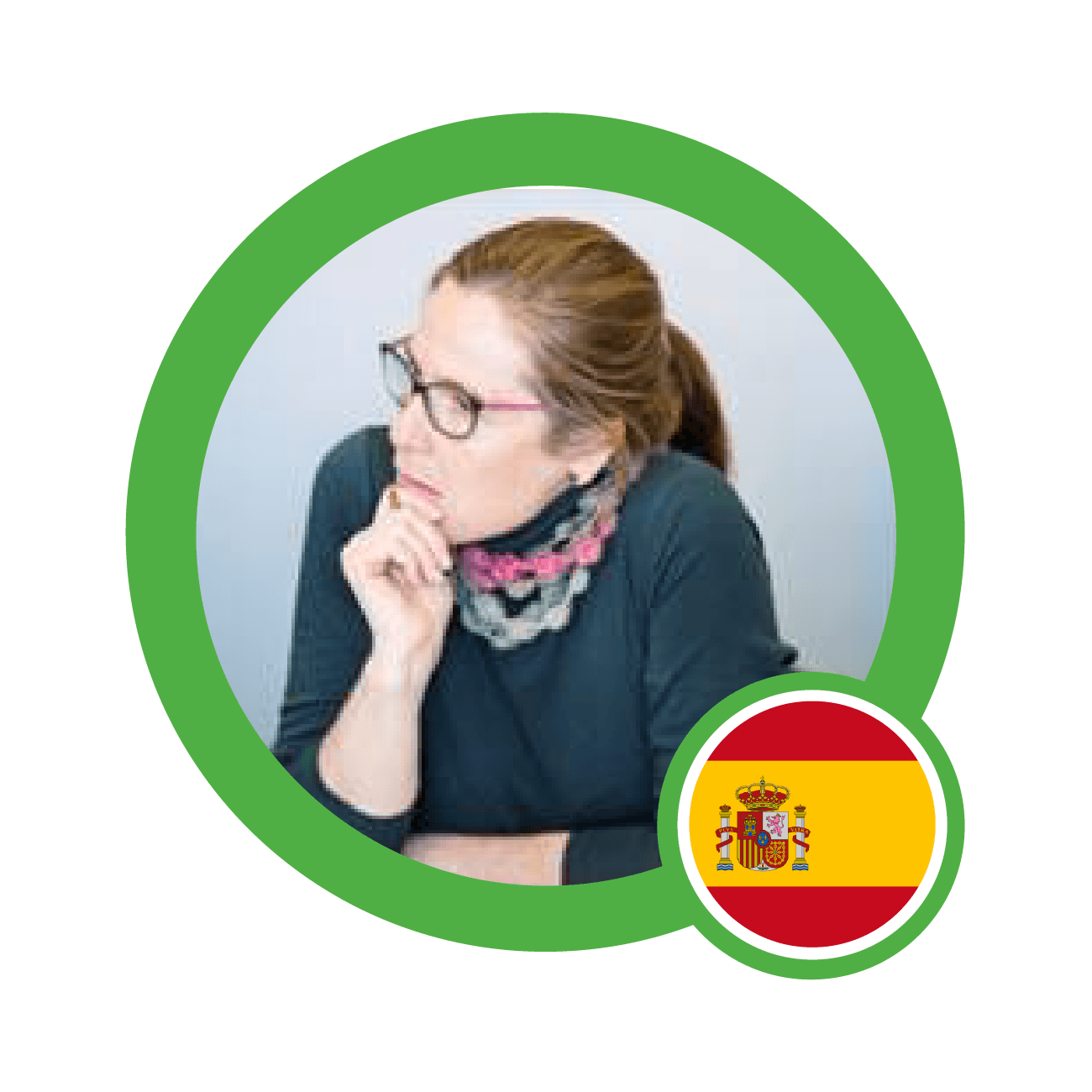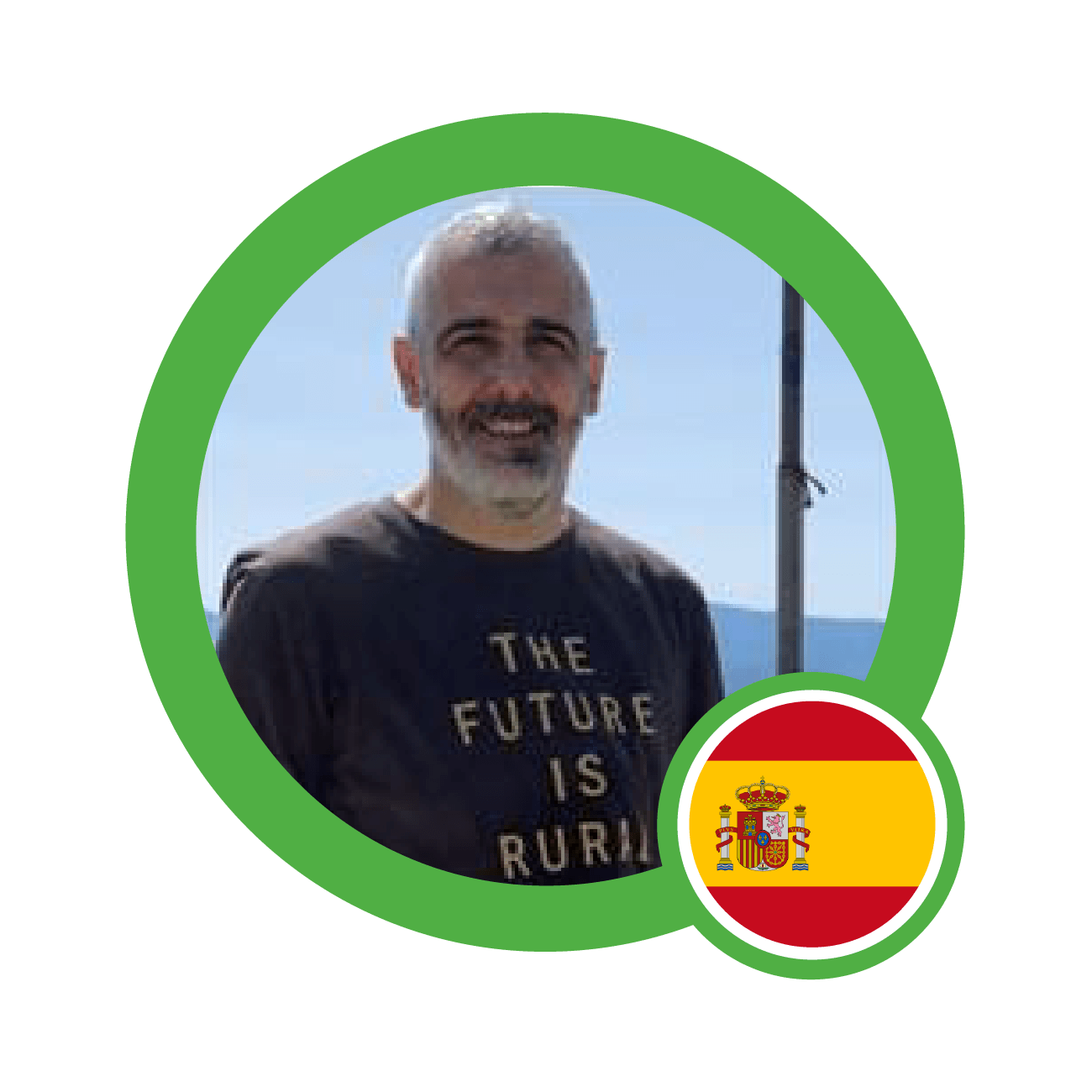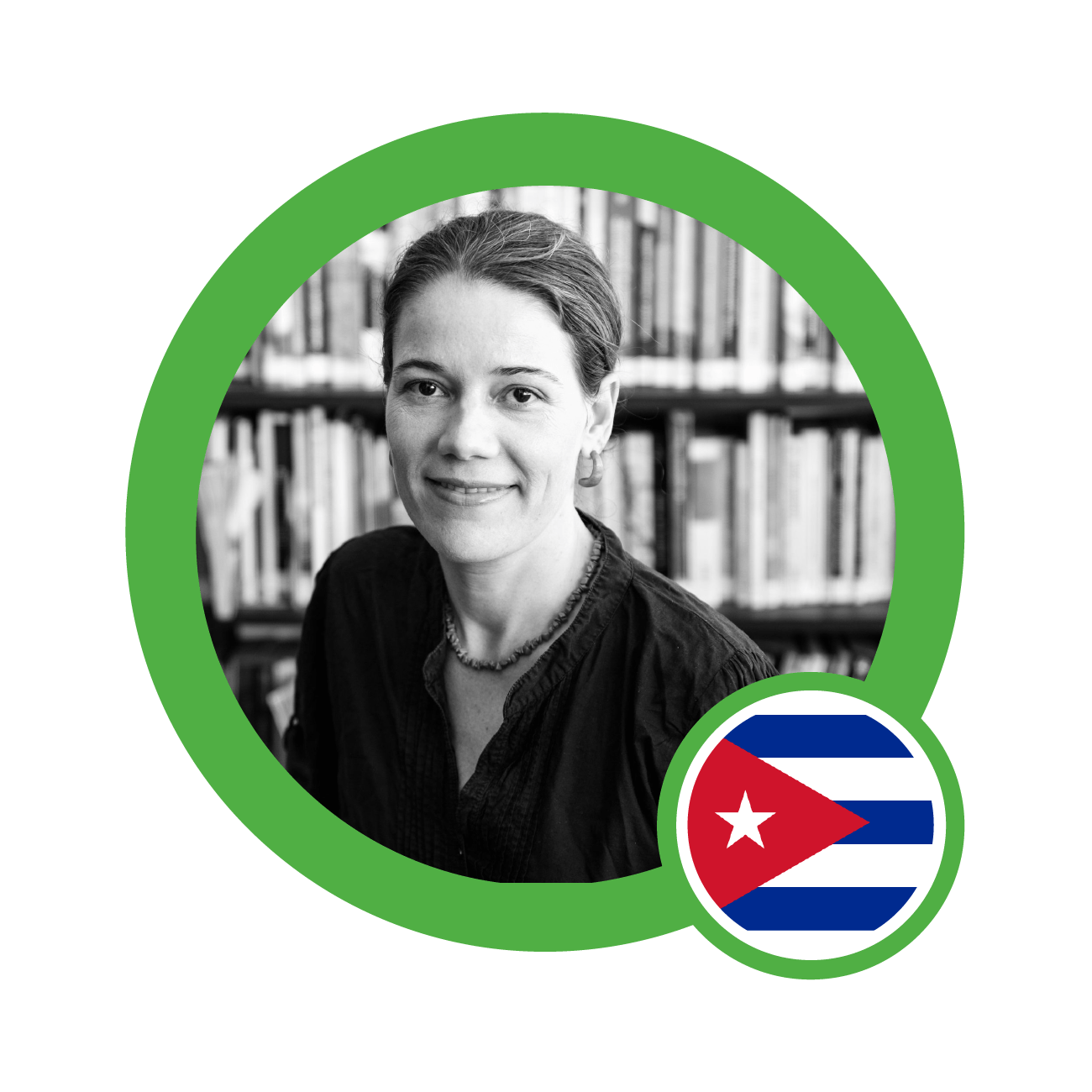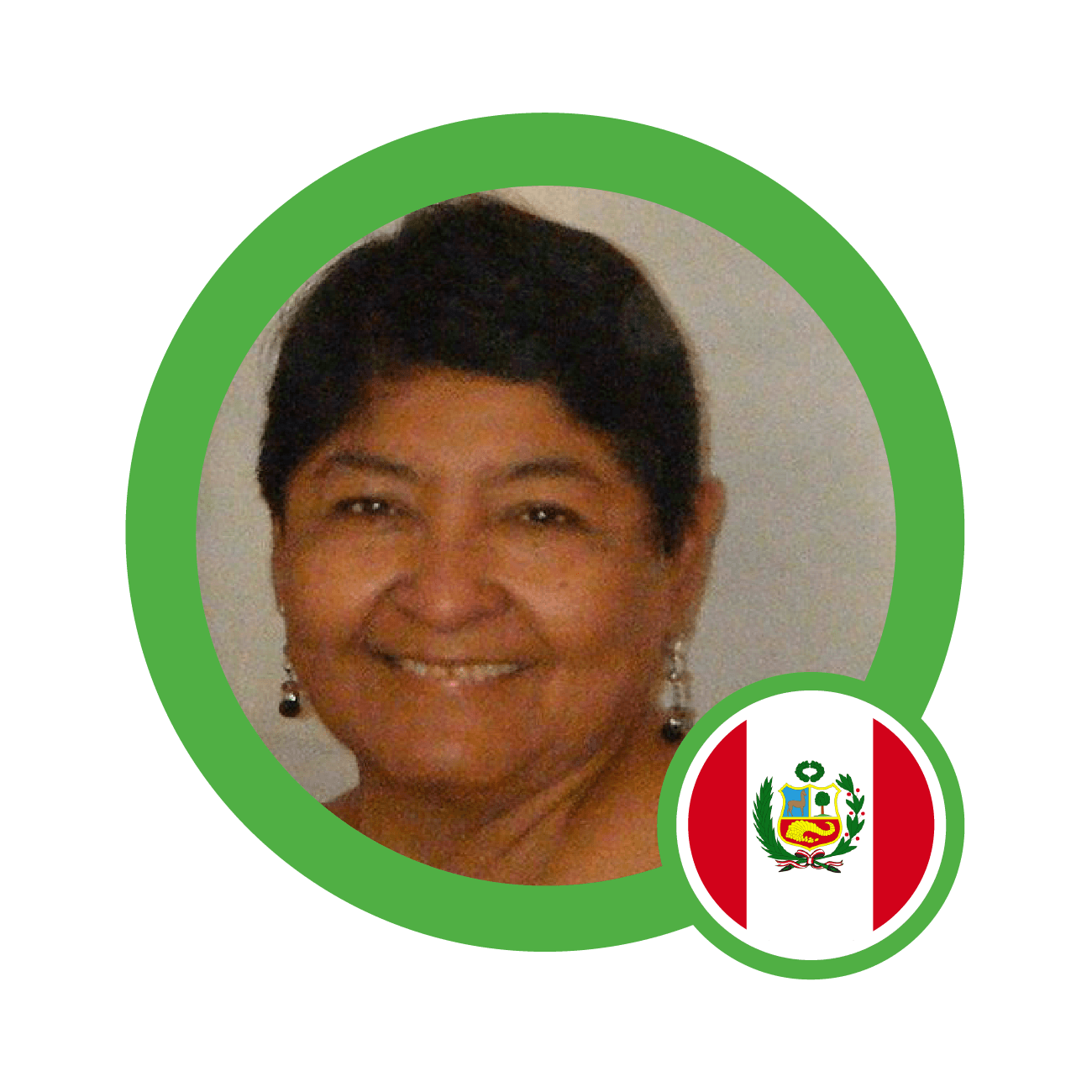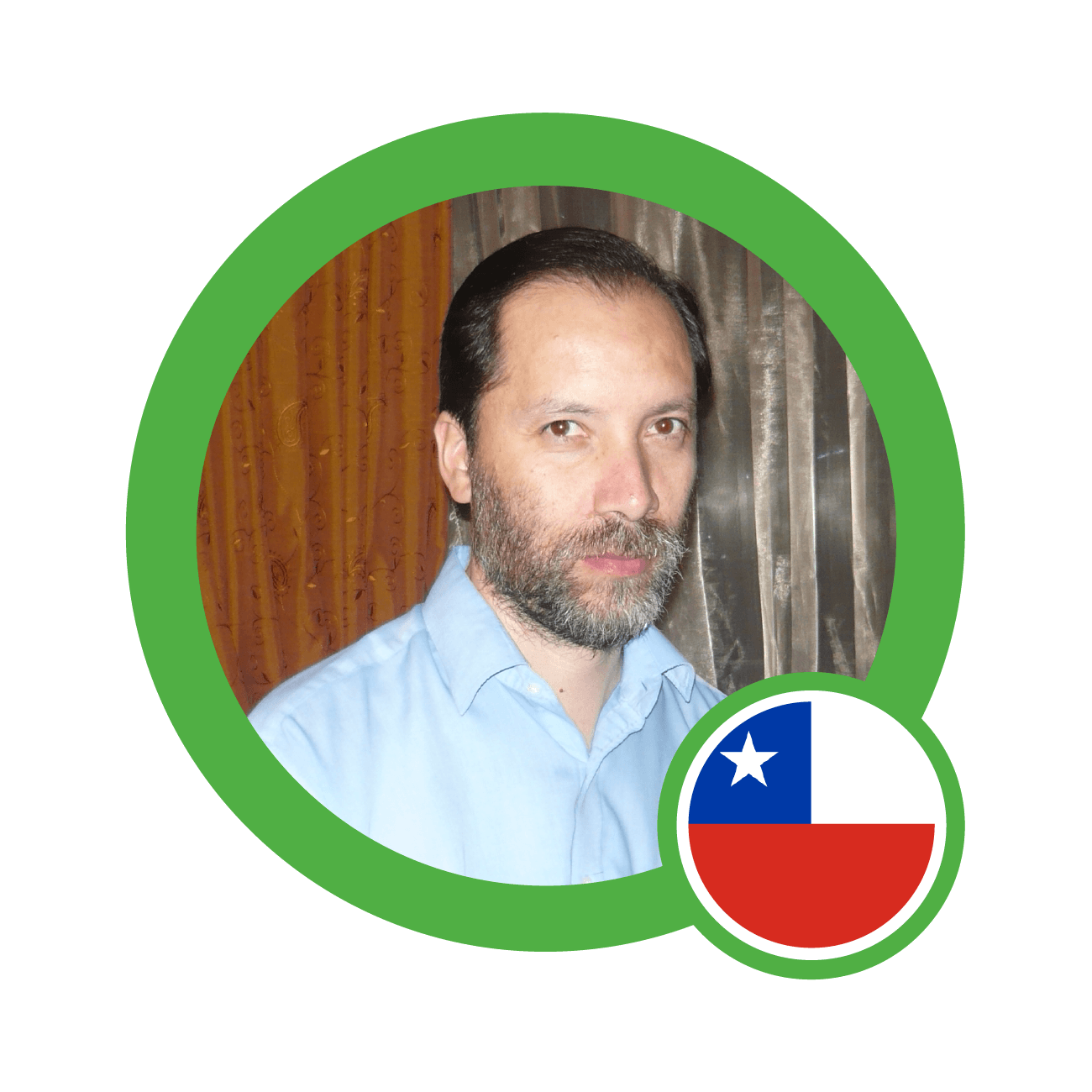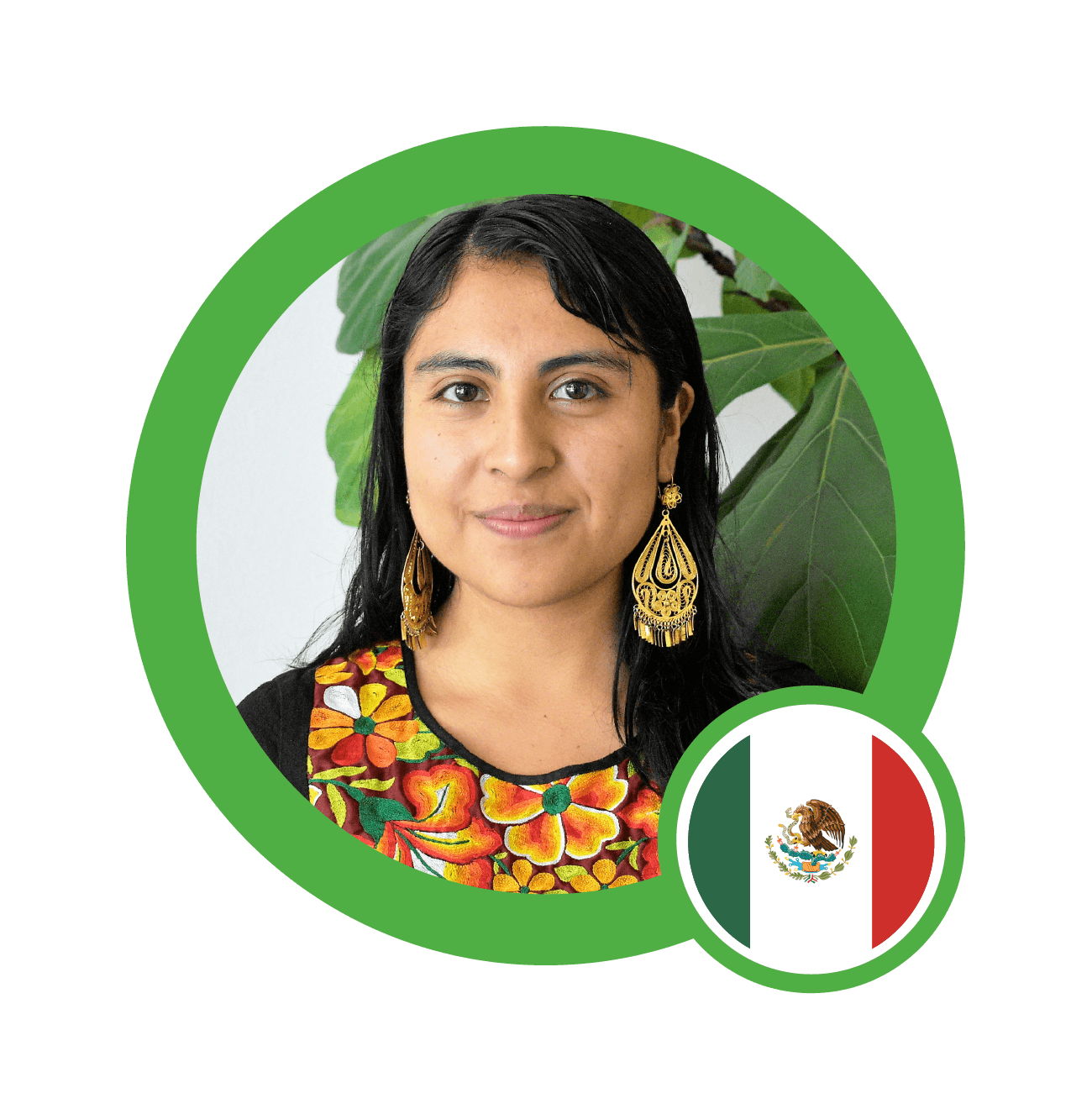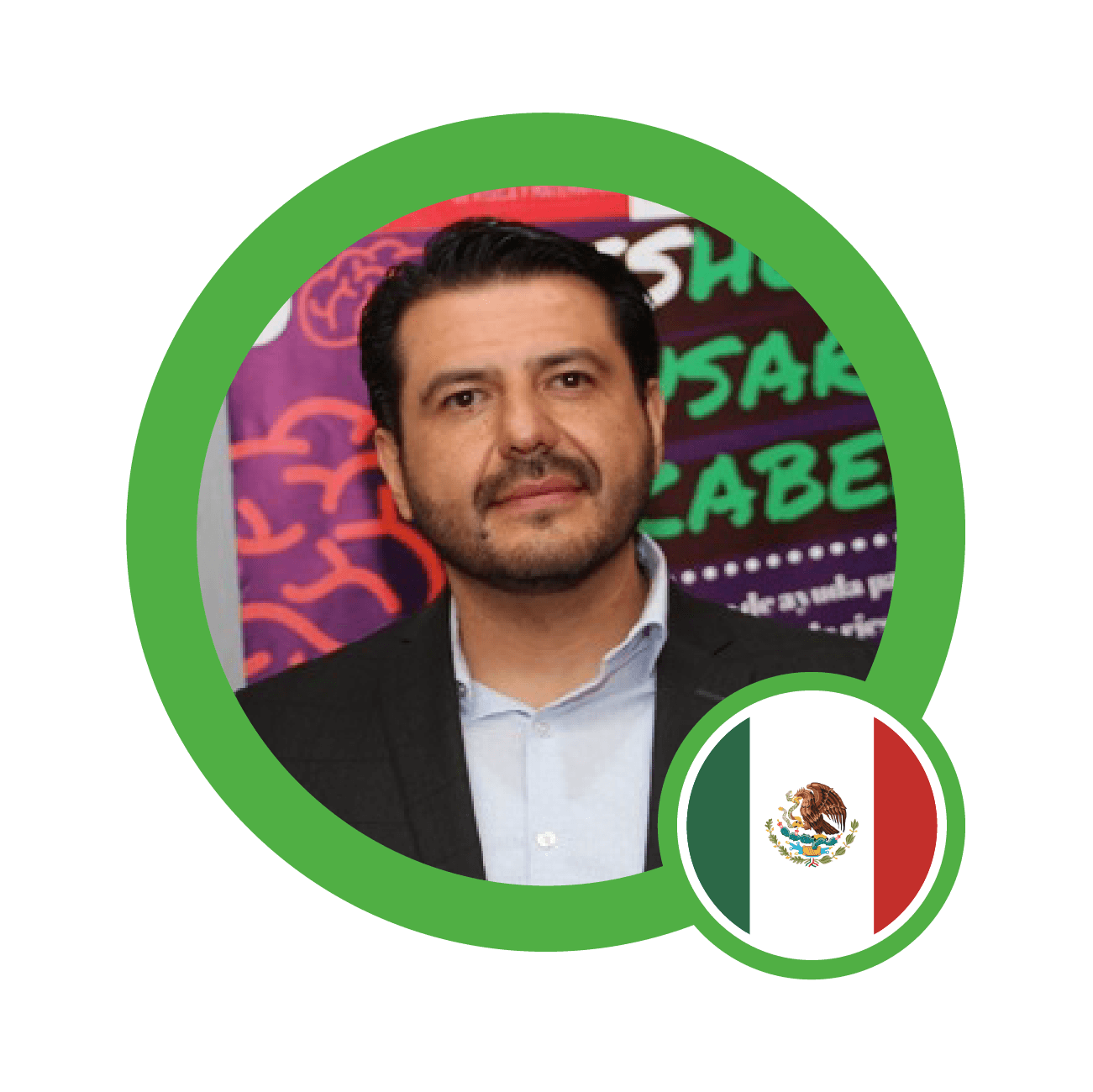Social Entrepreneurship, Social Innovation and Community Development (EN)
This session is to report the current situation and results of the project, "community, social entrepreneurship and local economy activation," funded by Foundation Research Project of the National Research Foundation of Korea. Three paper will be presented. The first presentation is about social capital and social innovation in South Korea. The primary goal of the research is to test the relationship between social capital and social innovation in local communities. Based on three dimensions of social capital including trust, norms, and networks, the study explores how each dimension of social capital affects social innovation. The second presentation is about the effect of volunteer work on participation in social economy organizations. They used a survey data of 1,900 community residents in areas where the social economy organizations are considered to be active. The interview results on community activists were also used for discussion and policy implications. The last presentation will be also empirical analysis on social entrepreneurship in Korea. By analyzing the antecedents of social entrepreneurship in South Korea, the importance of learning and education for community development has been emphasized.
RIPESS accelerates global advocacy work for the promotion of SSE as a key strategy for sustainable development in a post Covid-19 context (EN)
Aligned with the GSEF tenet of advancing systematic changes at the local level, the ASEC workshop aims to:
Highlight the products and services of SSE enterprises in Asia which contribute to social inclusion, sustainability, and resilience of local communities amidst the Covid-19 pandemic; and Foster dialogue and cooperation among social enterprises, cooperatives, foundations, mutuals, and aid groups to build and strengthen links among SSE enterprises across territories and national boundaries.
Learning for social innovation and transformation (EN)
The Social and Solidarity Economy (SSE) seeks a change of paradigms, where people and the
environment are placed at the center, above the exacerbated accumulation of capital, in that sense,
education as a liberating and transforming tool transfers those values and principles based on human
rights to its practice in daily life. Therefore, it is possible that, by introducing the vision of SSE in all areas
of knowledge, it is possible to bring the concept closer to everyone, simplifying it, making it more
tangible and understandable. The idea is to motivate people to become agents of social and economic
change through generation of a critical and participatory awareness for a transforming economy, which
is, from its conception, more supportive and fairer, in the service of the collective welfare of people in
the communities.
Education is one of the most influential factors in the advancement and progress of people and,
therefore, of societies. In addition to providing knowledge, it enriches the culture, values and principles
that characterize human beings, therefore, it is essential to promote strategies in the field of education
and research on Social and Solidarity Economy aimed at achieving the acquisition of tools to sensitize
people about the universal principles that the Social and Solidarity Economy incorporates in society and
relations between all citizens: equity, justice, economic fraternity, social solidarity and democracy.
On the other hand, in terms of learning, it is important to consider the need to implement innovations
in educational practice from the paradigm of popular education and the learning community. Since
education is present throughout the life of human beings, this means that education can adopt an
inclusive and rights-expanding stance.
The SSE represents a possibility that contributes practices, experience, and knowledge in the
construction of alternatives to current development models, these are proposed by its own
protagonists from their individual and collective action, so the challenge is methodological: to make
theory in practice. The social and solidarity economy is studied, in addition to conventional initiatives,
through practical epistemic analysis due to the need to build and implement alternative strategies to
the current system. From this perspective, experimental strategies that are accompanied by the design
of methodologies for field practice acquire relevance, to relate thought and action from economic
science.
GSEF General Assembly (ES, EN, FR, KO)
Sólo por invitación

Applying SE principles and values in policy-making (ES, EN)
These two sessions are held in collaboration with the EMES International Research Network (https://emes.net/), in a crossed-activity shared by the two programs. They will be open to the general public and available on streaming including simultaneous translation English - Spanish.
Alternative approaches to reformulate SE in a post-pandemic world (ES, EN)
These two sessions are held in collaboration with the EMES International Research Network (https://emes.net/), in a crossed-activity shared by the two programs. They will be open to the general public and available on streaming including simultaneous translation English - Spanish.
Plenary 2. Education, learning and research for Social and Solidarity Economy (ES, EN, FR)
Education is a key factor in the construction of new societies that allows the reduction of inequalities, therefore, it is essential to discuss actions that enable the achievement of these common goals. Second day with this sub-theme will provide spaces for reflection and debate where the challenges of SSE in education and research throughout people's lives, both in formal and non-formal spaces, as well as the design of new routes and strategies, can be appreciated.
Paths for education and training in SSE (ES, EN, FR)
Exchange experiences of actions, strategies and policies that promote the common welfare of societies based on the principles, practices and values of the SSE.
Identify solutions and alternatives articulated through the social sector of the economy from the local level that have a global impact.
Highlight projects and public policy initiatives based on the Social and Solidarity Economy, for the achievement of the Sustainable Development Goals (SDGs).
Propose routes based on the SSE that address the economic and social crisis (post pandemic) that we are currently facing.
Catwalk of initiatives (ES, EN, FR)
La pasarela de iniciativas es un espacio de diálogo y difusión que pretende visibilizar experiencias de la economía social desde diferentes lugares del mundo, para enfatizar el poder de acción colectivo y comunitario desde una óptica de solidaridad y cooperación
MatchImpulsa, business promotion program for the digitization and platformization of the SSE (ES)
Matchimpulsa es un programa transversalmente feminista de impulso para la plataformització digital de la Economía Social Solidaria y colaborativa de Barcelona, se desarrolla en el marco de la Càtedra_Oberta, impulsada colaborativamente entre Dimmons IN3-UOC, el Ayuntamiento de Barcelona y Barcelona Activa.
Es un programa innovador que nace como respuesta a la Covidien-19 para potenciar y escalar proyectos de la Economía Social y Solidaria y colaborativa, reforzar la haciendo red local y acelerar la economía digital como un procomún con el objetivo de mejorar el bienestar de las personas y el derecho a la ciudad desde una perspectiva feminista.
Parte de la internacionalización y la perspectiva de género como elementos transversales, a partir de tres líneas estratégicas y varios subprogramas:
1. plataformització de empresas, con los programas Matchimpulsa +100, Matchimpulsa 20 y Matchimpulsa 10, donde las entidades participantes podrán formarse y recibir acompañamiento en la concreción y producción de su prototipo de plataforma;
2. Colaboraciones estratégicas con MatchTech, MatchIgualtat y MatchUniversitat
3. Creación y mantenimiento de los ecosistemas estratégicos de Barcelona Digistar, Barcola y de la Agroecología Digital.
Moderación por parte del Ayuntamiento de Barcelona, y partir de 3 preguntas pactadas se introducirá al resto de ponentes.
El marco general del program y la concreción del mismo sería expuesto por parte Barcelona Activa i la UOC (Universidad Abierta de Cataluña). También está prevista la presencia de un proyecto participante de la edición en curso.
Learning and monitoring experiences for SSE (ES)
Exchange experiences of actions, strategies and policies that promote the common welfare of societies based on the principles, practices and values of the SSE.
Identify solutions and alternatives articulated through the social sector of the economy from the local level that have a global impact.
Highlight projects and public policy initiatives based on the Social and Solidarity Economy, for the achievement of the Sustainable Development Goals (SDGs).
Propose routes based on the SSE that address the economic and social crisis (post pandemic) that we are currently facing.


